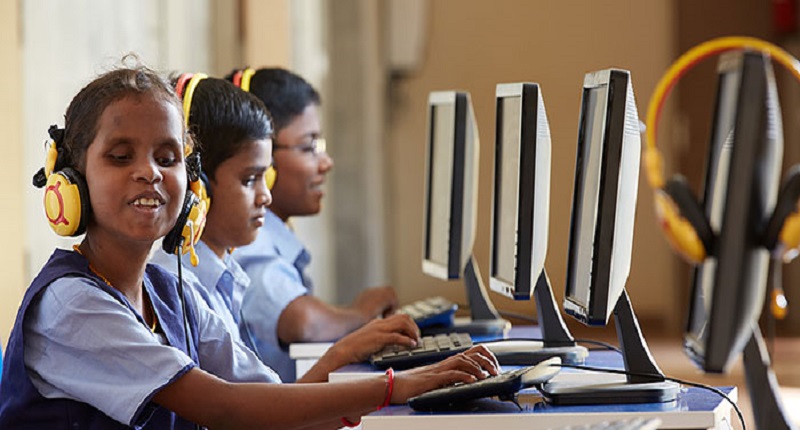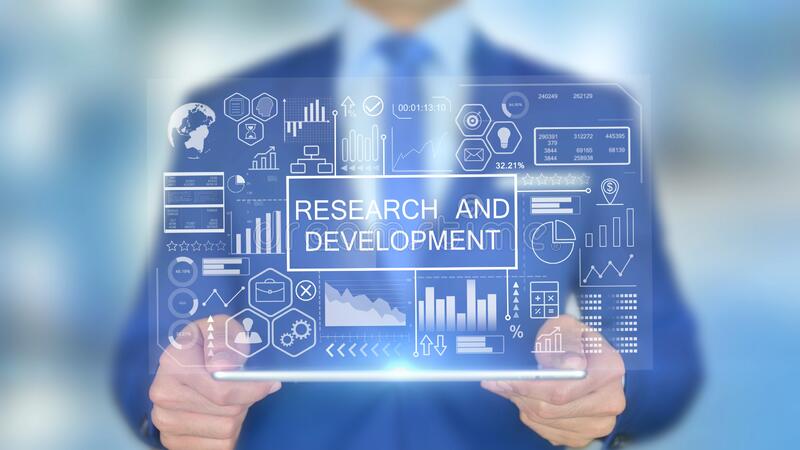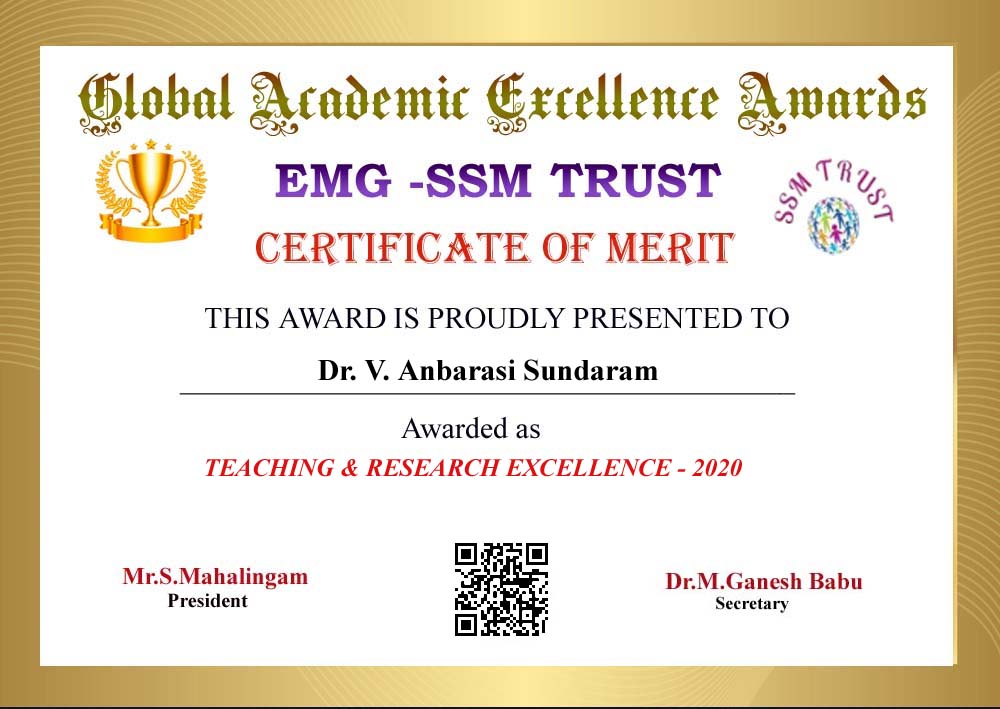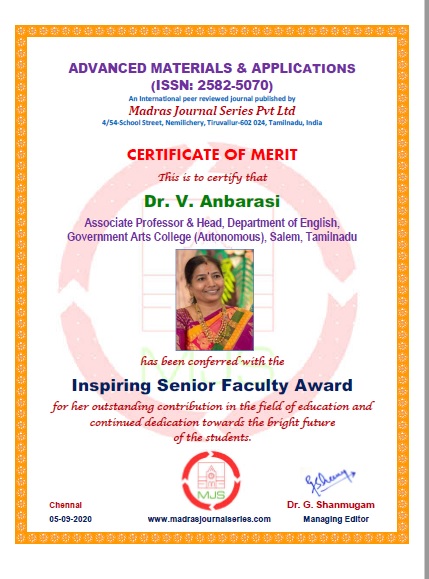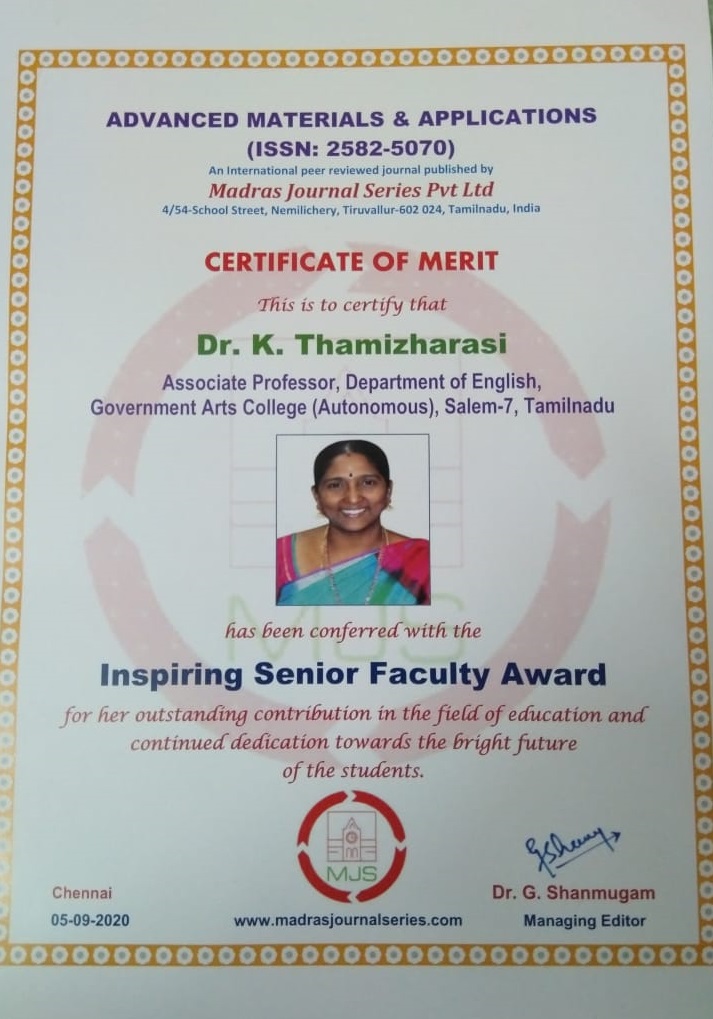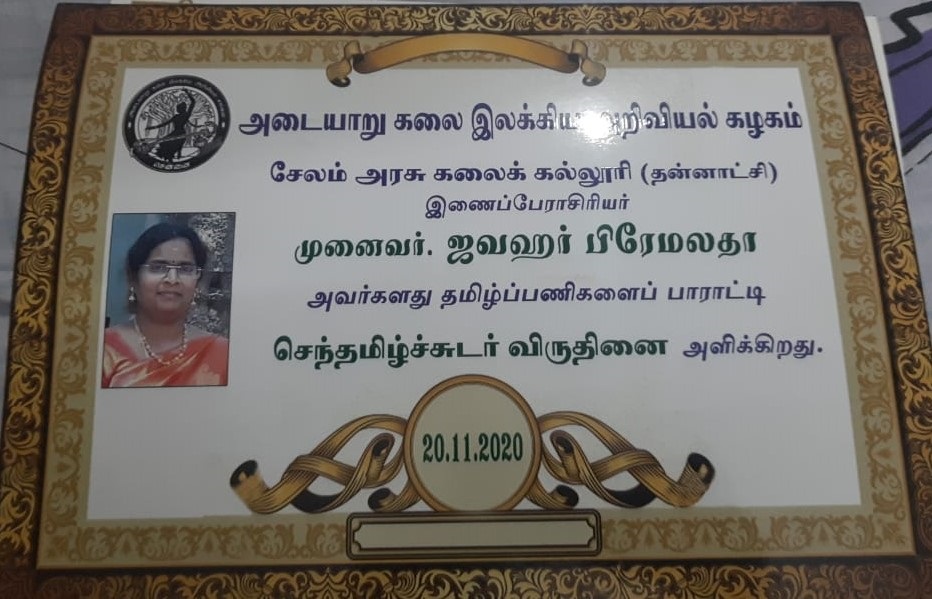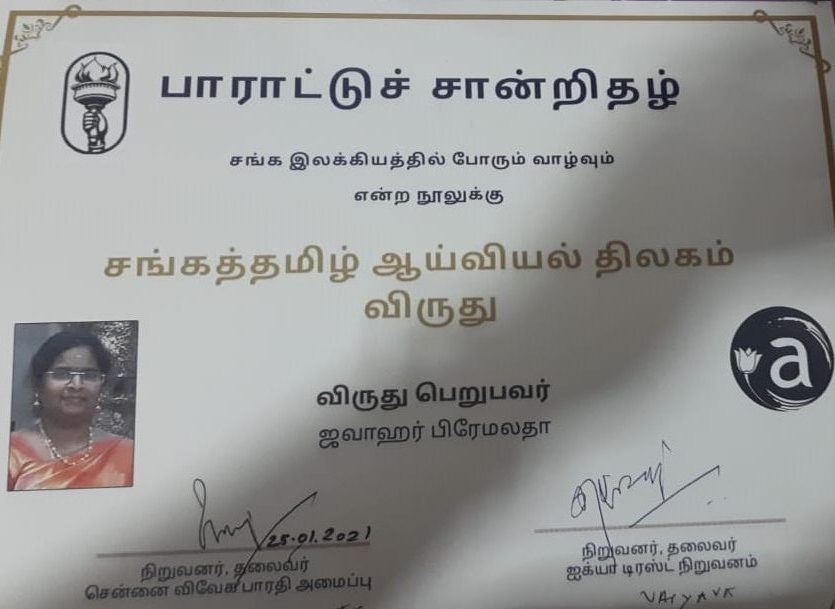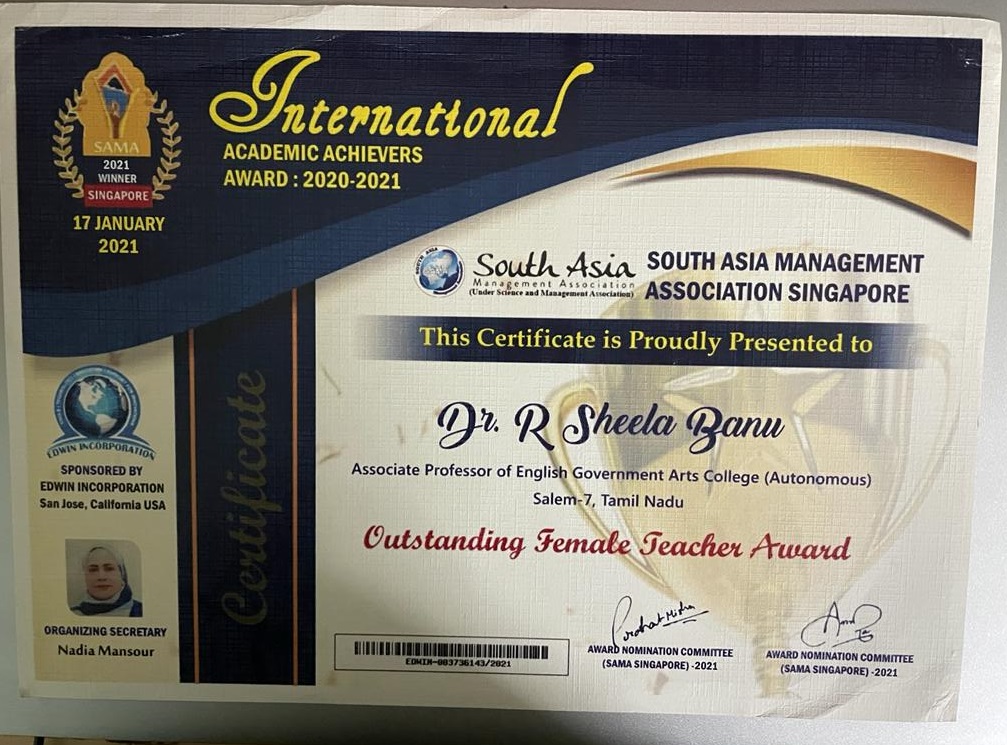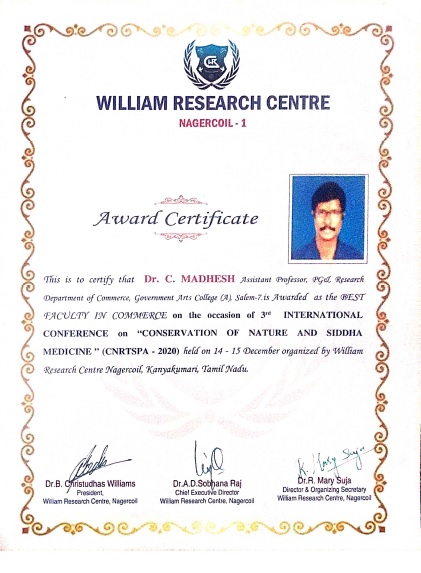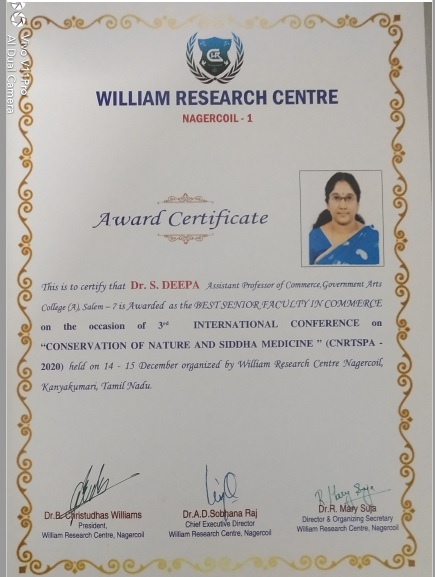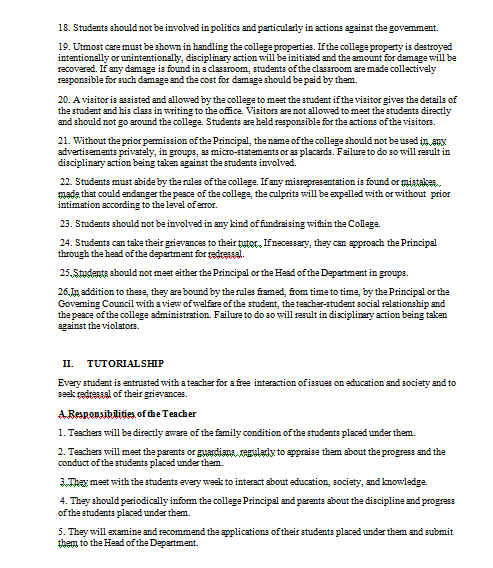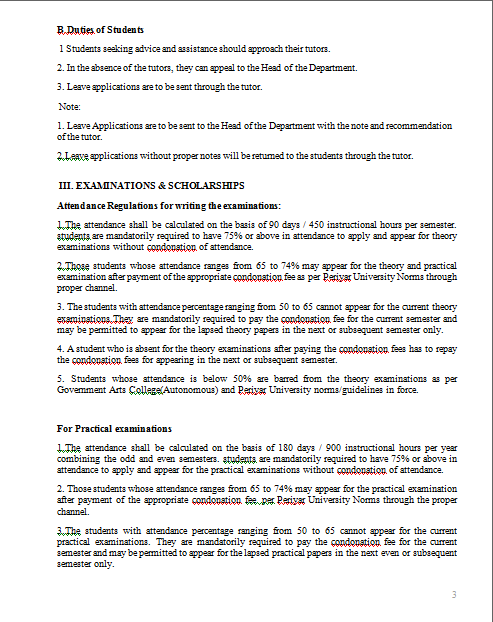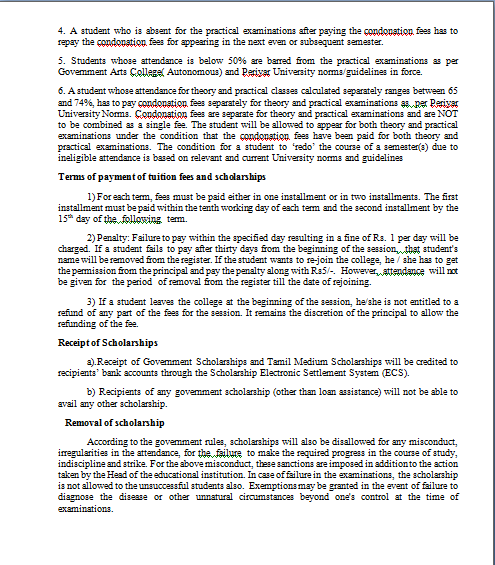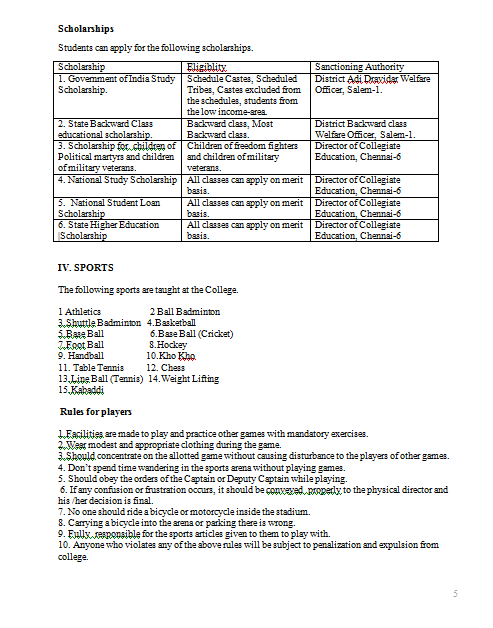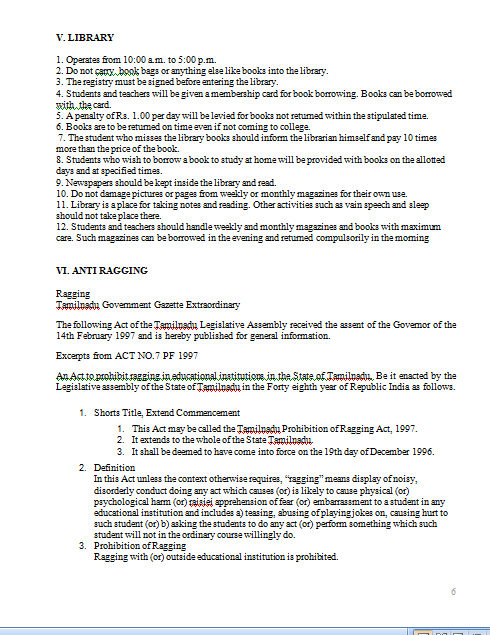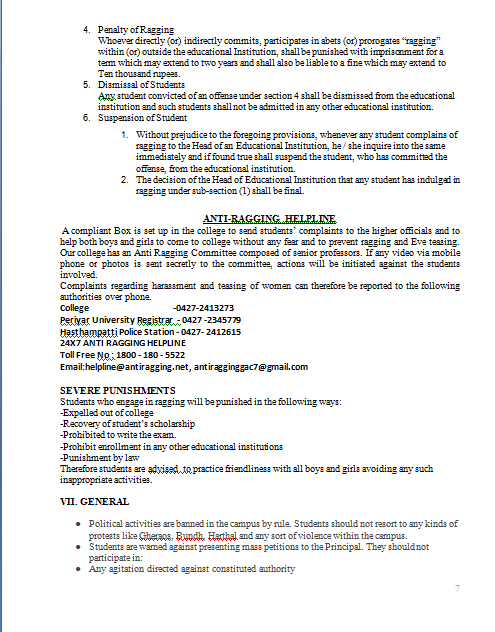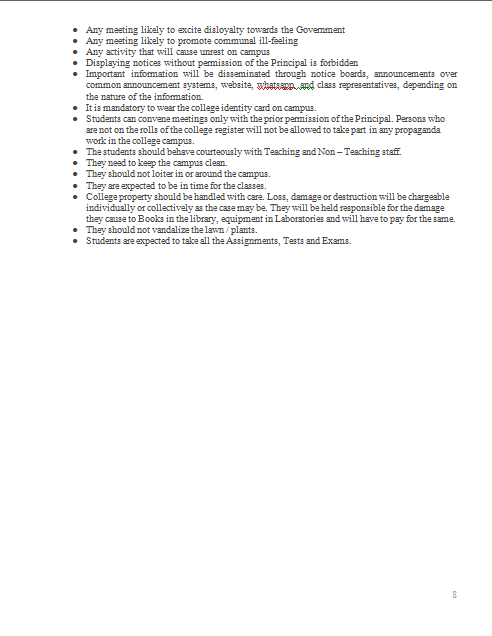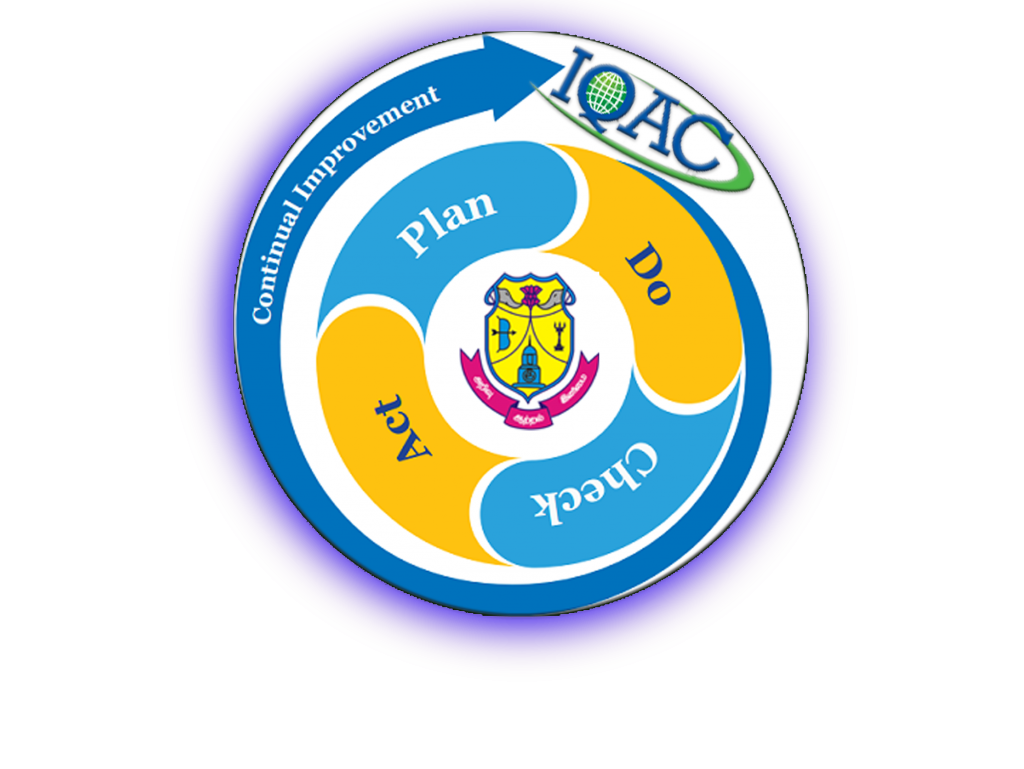
IQAC - INTERNAL QUALITY ASSURANCE CELL
- IQAC MEMBERS
- MINUTES OF IQAC MEETINGS
- AQAR
- ACADEMIC CALENDAR
- FEEDBACK SYSTEM ON CURRICULUM
- MASTER TIMETABLE
- STUDENT SATISFACTION SURVEY
- PO, PSO, CO
- BOS MINUTES
- ACADEMIC COUNCIL MINUTES
- EXAMINATION MANUAL
- ICT-ENABLED FACILITIES
- ANNUAL REPORT OF THE INSTITUTION
- ANNUAL REPORT of COE
- INFRASTRUCTURE FACILITIES
- COLLABORATIVE ACTIVITIES
- CAPACITY DEVELOPMENT ACTIVITIES
- INDUSTRIAL TRAINING, PROJECT WORK
- WELFARE MEASURES
- POLICIES
- FACULTY AWARDS
- RESEARCH
- MOUs
- SWAYAM
- CODE OF CONDUCT
- PROJECTS BY FACULTY
- PROJECTS BY STUDENTS
- EXTENSION ACTIVIITES
- INNOVATION ECOSYSTEM
- RESEARCH PUBLICATIONS
- WORKSHOPS/SEMINARS
- STUDENTS COUNCIL
- BEST PRACTICES
- AICTE-MIC-KAPILA- IPR
VISION
To strive for creating socially committed and economically prospective citizens through better quality teaching and efficient learning practices on par with the global standards of education
MISSION
-
To augment the resources required for attaining the pinnacle of excellence in teaching- learning process.
-
To enable the young learners to strive and achieve the research acumen required for social, economic and intellectual prosperity.
-
To foster skills required for employment prospects with the emerging global challenges by autonomous curriculum design.
-
To provide equal opportunities for women.students to face and succeed in modern societal challenges.
PROGRAMME OUTCOMES - ARTS
UNDERGRADUATE AND POSTGRADUATE PROGRAMMES-ARTS
Both UG and PG programmes in Arts enhance the students ability in Cultural aspects, sense of Literature, History, Politics. It also upgrades the students to acclimatize in the changing scenario of the above fields with critical evaluation. Our college with its running programmes has been trying its best to deliver the above responsibility with its well skilled and experienced faculty members. It develops their aptitude for Tamil Literature, English Literature, Political Science, History, Public Administration, Human Rights and Economics. PG Students can understand the use of analytical methods required for interpreting and analyzing results and drawing conclusions as supported by their data. Students will have better employability in the field of industry, administration, social and extension work, research and many others .
They will be able to Critically Think, Effectively Communicate, Self Motivated, Ethically Live and do Service to the Society with proper understanding of Environment and Sustainability.
Under Graduate Programme
After completion of UG programme, the students will be able:
Bachelor of Arts (B.A.):
PO1. To understand LSRW and apply knowledge of human communication and language processes.
PO2. To make culture and praise worthy as a citizen of India.
PO3. To get employment / entrepreneurship opportunities.
PO4. To understand the fundamental values /principles of Indian consciousness.
PO5. To use communication and soft skills effectively.
Post Graduate Programme
After completion of PG programme, the students will be able :
Master of Arts (M.A.):
PO1. To understand the importance of business ethics through literature.
PO2. To understand the importance of human values/ethics.
PO3. To develop independent logical thinking and personality development.
PO4. To develop communication and analytical skills among themselves
PO5. To become familiar with literature and their influence on society.
PROGRAMME OUTCOMES - COMMERCE
UNDERGRADUATE AND POSTGRADUATE PROGRAMMES-COMMERCE
Both UG and PG programmes in Commerce enhance the students ability to get professional experience in the commerce domain which includes Accounts, Commerce, Marketing, Management, Economics, Electronic Commerce, Finance ,Tax and Commerce with Computer Applications etc, It also upgrades the students to acclimatize in the changing scenario of the Commerce and Cooperation fields with critical evaluation. Programmes impart the students training in various aspects of business and its environment to develop managerial and analytical skills to meet the challenges of ever changing business environments at national and global level.PG Students can understand the use of analytical methods required for interpreting and analyzing results and drawing conclusions as supported by their data. Students will have better employability in the field of industry, administration, social and extension work, research and many others .
They will be able to Critically Think, Effectively Communicate, Self Motivated, Ethically Live and do Service to the Society with proper understanding of Environment and Sustainability
Under Graduate Programme
After completion of UG programme, the students will be able :
Bachelor of Commerce (B.Com.):
PO1. To recognize, understand and adopt soft skills required for the business world.
PO2. To build the ability to become a successful entrepreneur, prepare a business plan, set up and manage their own venture/project.
PO3. To make the students maintain various books of business accounts.
PO4. To develop abilities of computation of income, submission of ITR.
PO5. To acquire the various costing techniques and finalize the Cost Audit.
Post Graduate Programme
After completion of PG programme, the students will be able to:
Master of Commerce (M.Com.):
PO1. To prepare and train the postgraduate students to accept the business challenges by providing exposure on advanced commercial and business methods and processes.
PO2. To develop independent logical thinking and facilitate personality development.
PO3. To equip the students for seeking appropriate careers in management and entrepreneurship.
PO4. To experience the methods of data collection and their interpretation.
PO5. To develop communication and analytical skills.
PROGRAMME OUTCOMES - SCIENCE
UNDERGRADUATE AND POSTGRADUATE PROGRAMMES-SCIENCE
Both UG and PG programmes in Science exhibit the students in scientific skill both in theory and practice. It develops their aptitude for Computing Science and Applications, Life sciences, Mathematical Statistics, Physical and Chemical Science and Geological and Geographical Domain. The Programmes have been initiating our students to acquire their jobs as researchers and scientists in the institutes, teachers-both in schools and higher education institutes, Professionals in Information Technology(IT) and Information Technology Enabled Services(ITES) ,Administrators in government Sectors as well as in private Sectors, Personnel’s in industries, naturalists and in many other positions.PG Students can understand the use of analytical methods required for interpreting and analyzing results and drawing conclusions as supported by their data. Students will have better employability in the field of industry, administration, social and extension work, research and many others .
They will be able to Critically Think, Effectively Communicate, Self Motivated, Ethically Live and do Service to the Society with proper understanding of Environment and Sustainability
Under Graduate Programme
After completion of UG programme, the students will be able :
Bachelor of Science (B.Sc.):
PO1. To acquire the knowledge with facts and figures related to various subjects in pure sciences
PO2. To understand the basic concepts, scientific phenomena and their relevance in the day to day life
PO3. To adopt the skills in handling scientific instruments, chemical, glassware ,planning and performance in laboratory experiments
PO4. To analyze the given scientific data critically and systematically and the ability to draw the objective conclusions/inferences.
PO5. To develop communication and analytical skills.
Bachelor of Science-Computer Science (B.Sc.(CS)):
PO1. To develop problem solving abilities using a computer.
PO2. To build the necessary skill set and analytical abilities for developing computer based
solutions for real life problems.
PO3. To prepare the necessary knowledge base for research and development in Computer Science.
PO4. To become game developer, application developer, technical architectural skills. IT manager, web application developer, software tester, systems engineer, mainframe systems and project manager.
PO5. To become familiar with client-server systems.
Post Graduate Programme
After completion of PG programme, the students will be able :
Master of Science (M.Sc.):
PO1. To develop professional foundations through activities such as teaching, internship and fellowships.
PO2. To communicate scientific results in writing and in oral presentation
PO3. To Acquire the basic tools needed to carry out independent research.
PO4. To proficient in their specialized area and successfully complete an advanced research project.
PO5. To Develop skills in problem solving, critical thinking and analytical reasoning as applied to scientific problems.
Master of Science-Computer Science (M.Sc.(CS)):
PO1. To apply scientific knowledge of computing appropriate to the discipline.
PO2. To identify, formulate and develop solutions to computational challenges.
PO3. To design, implement, and evaluate a computational system to meet desired needs within realistic constraints.
PO4. To act effectively on teams to accomplish shared computing design, evaluation, or implementation goals.
PO5. To understand the professional, ethical, legal, security, and social issues and responsibilities of the computing profession.
PROGRAMME OUTCOMES - BUSINESS ADMINISTRATION
UNDERGRADUATE PROGRAMME IN BUSINESS ADMINISTRATION
The UG programme in Business Administration exhibits the students in Management and Leadership skills both, in theory and practice. It develops their aptitude for management. Demonstrate knowledge and understanding of the management principles and apply these to one’s own work, as a member and leader in a team, to manage projects and in multidisciplinary environments.
They will be able to Critically Think, Effectively Communicate, Self Motivated, Ethically Live and do Service to the Society with proper understanding of Environment and Sustainability
Under Graduate Programme
After completion of UG programme, the students will be able :
Bachelor of Science (BBA):
PO1: To Acquire the skills and standards that are in demand by employers including, leadership, teamwork and communication.
PO2: To Evaluate organizational decisions with consideration of the political, legal and ethical aspects of business opportunities and risks of business activities.
PO3:To Identify and evaluate the complexities of the business environment and evaluate present and future .
PO4: To Create awareness and critical self-examination of one’s own values, and to appreciate the relevance of personal values in the business/workplace settings.
PO5: To Enhance practical skills and to make them industry ready.
BOS MEETING-PRINCIPAL CIRCULAR
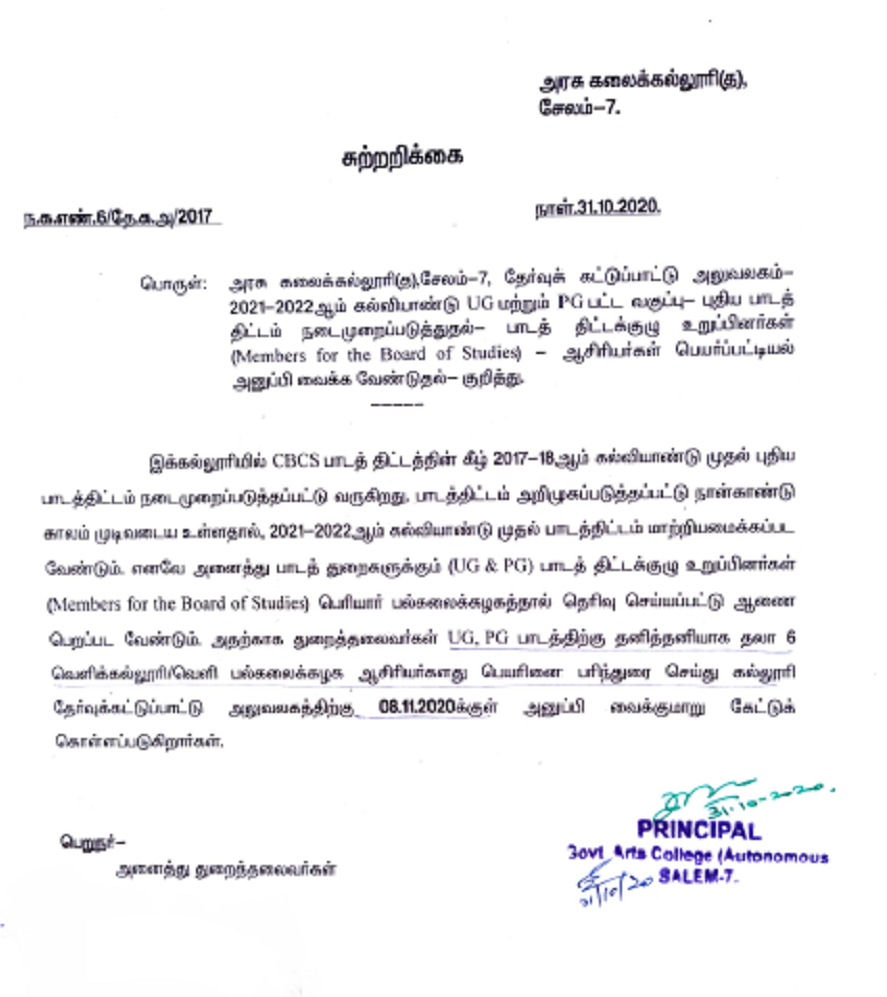
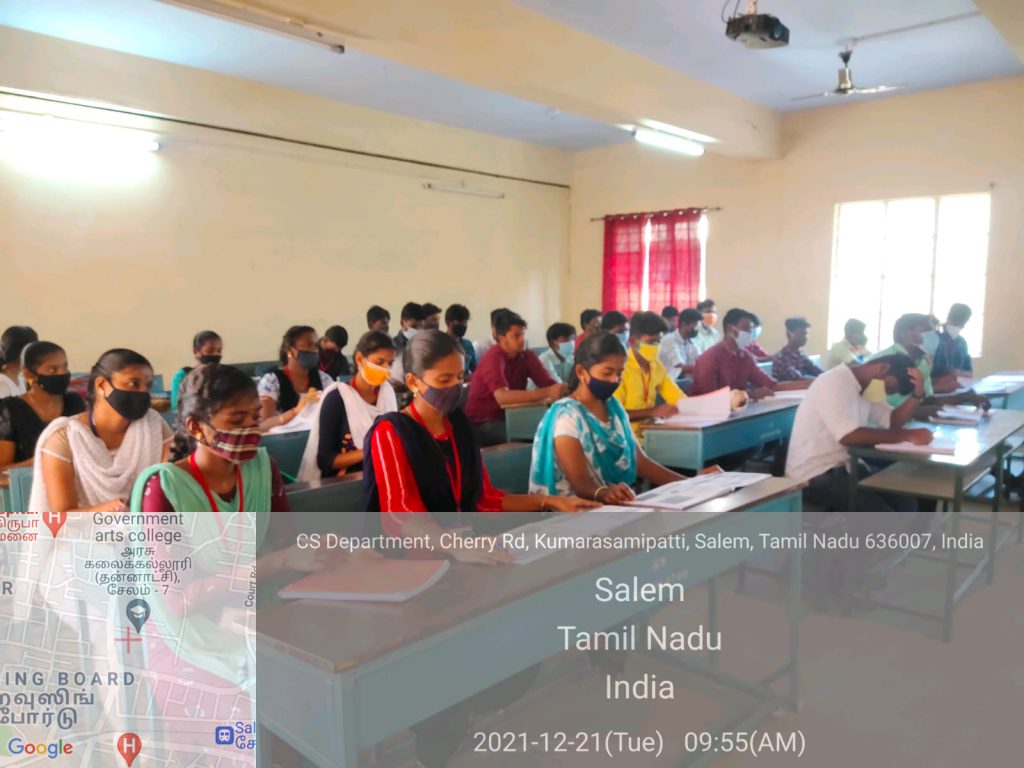
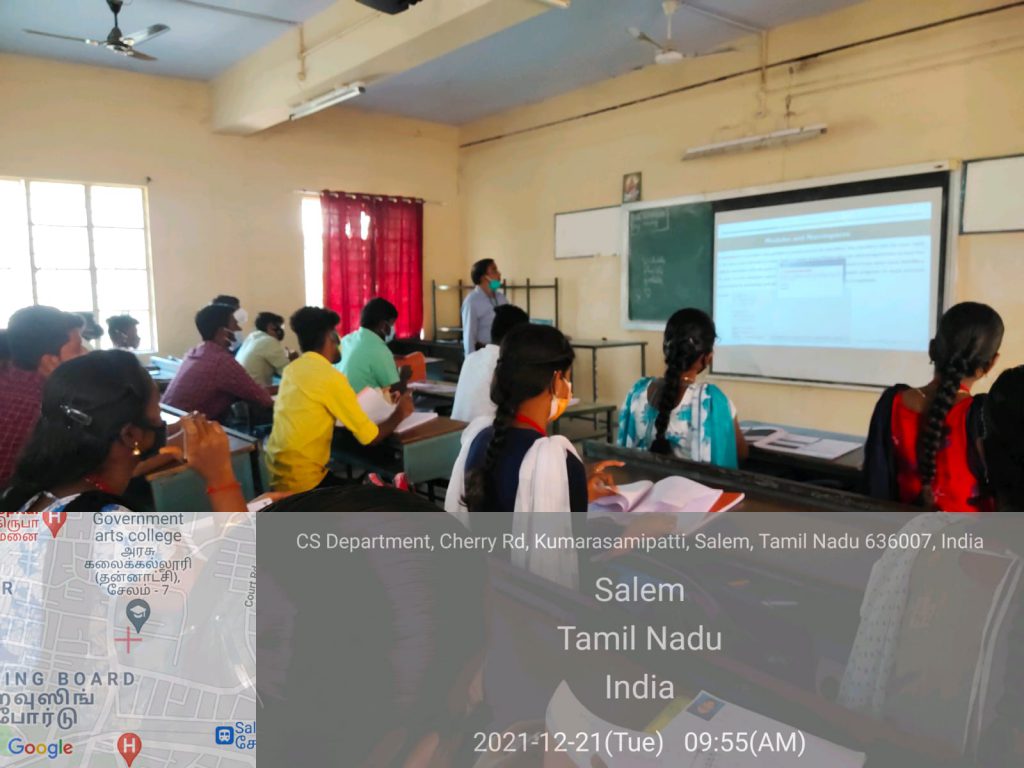
COMPUTER SCIENCE ICT ENABLED CLASS ROOM NB-22
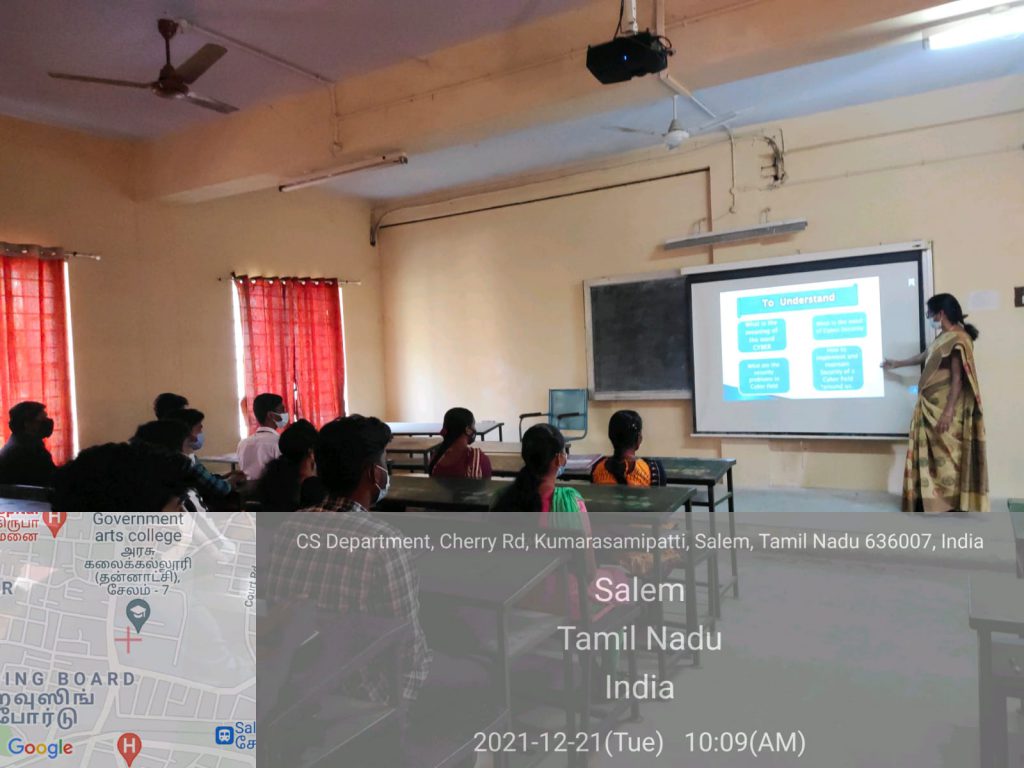
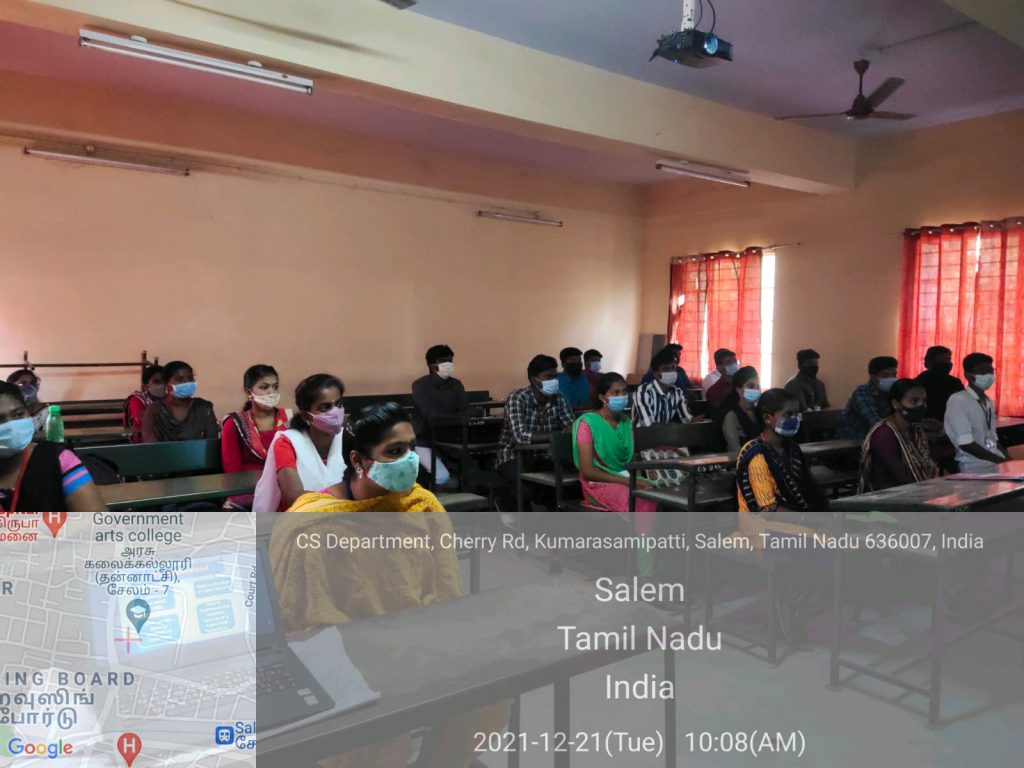
COMPUTER SCIENCE ICT ENABLED CLASS ROOM NB-24
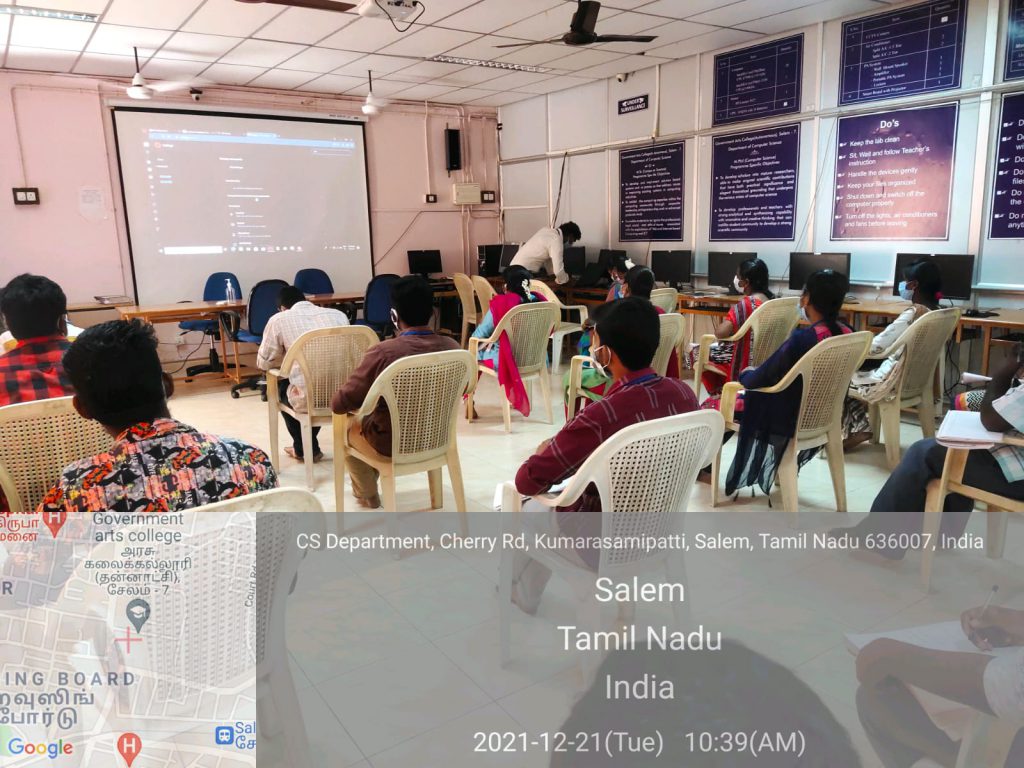
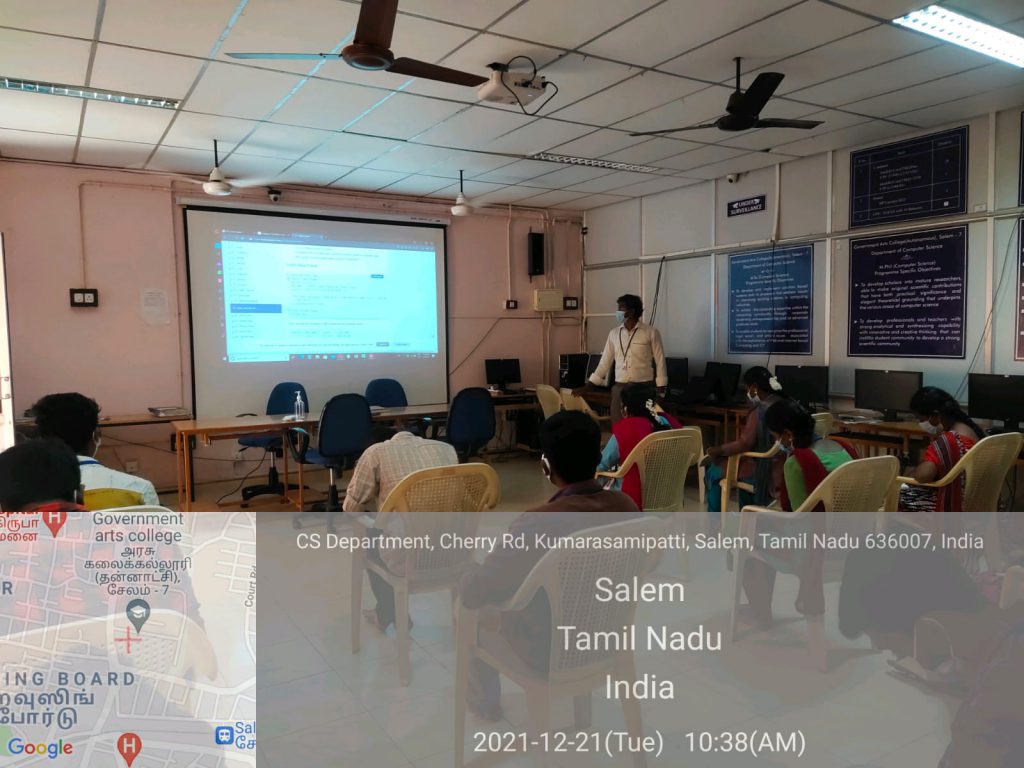
COMPUTER SCIENCE LABORATORY
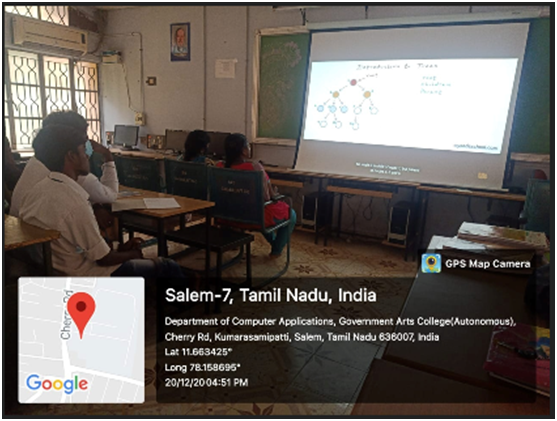
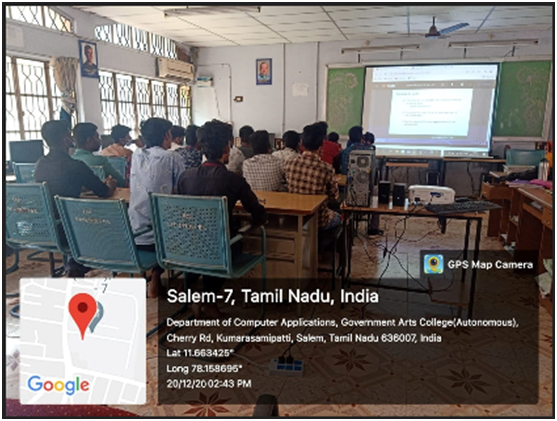
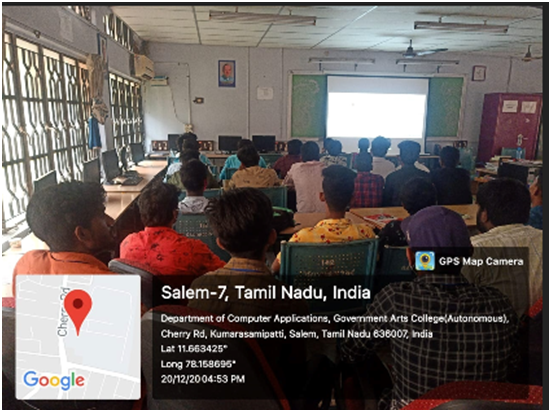

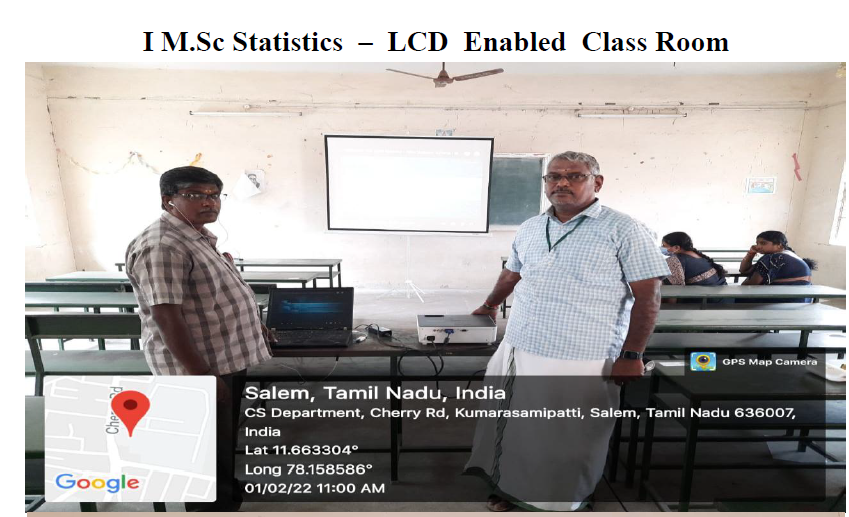

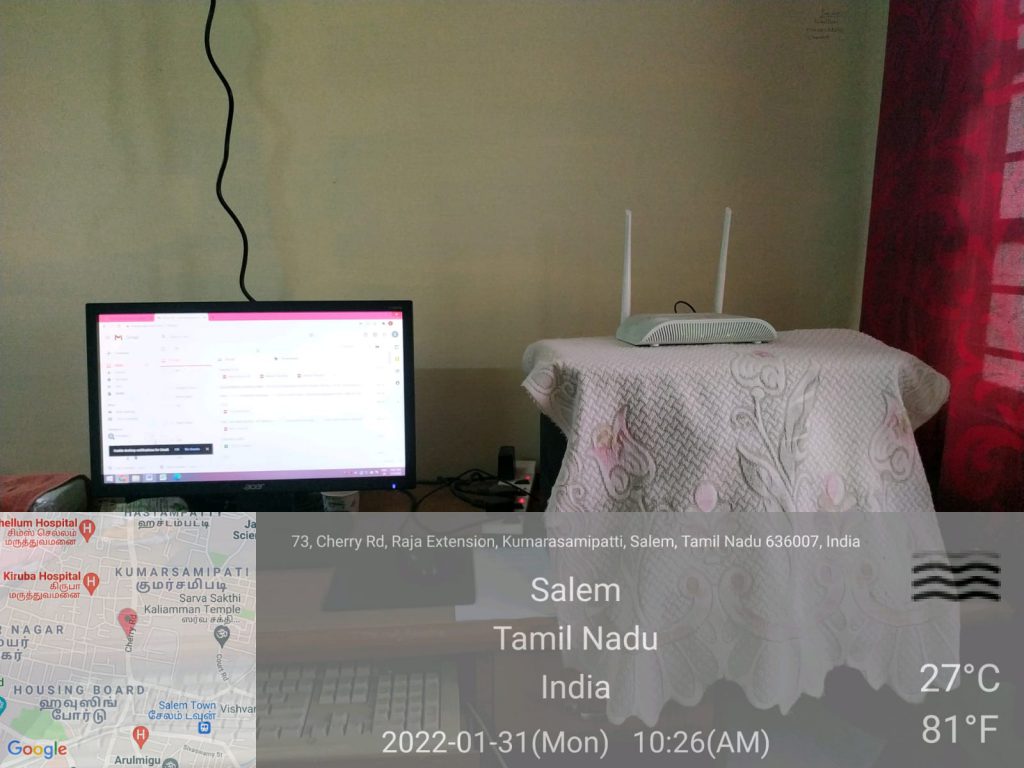
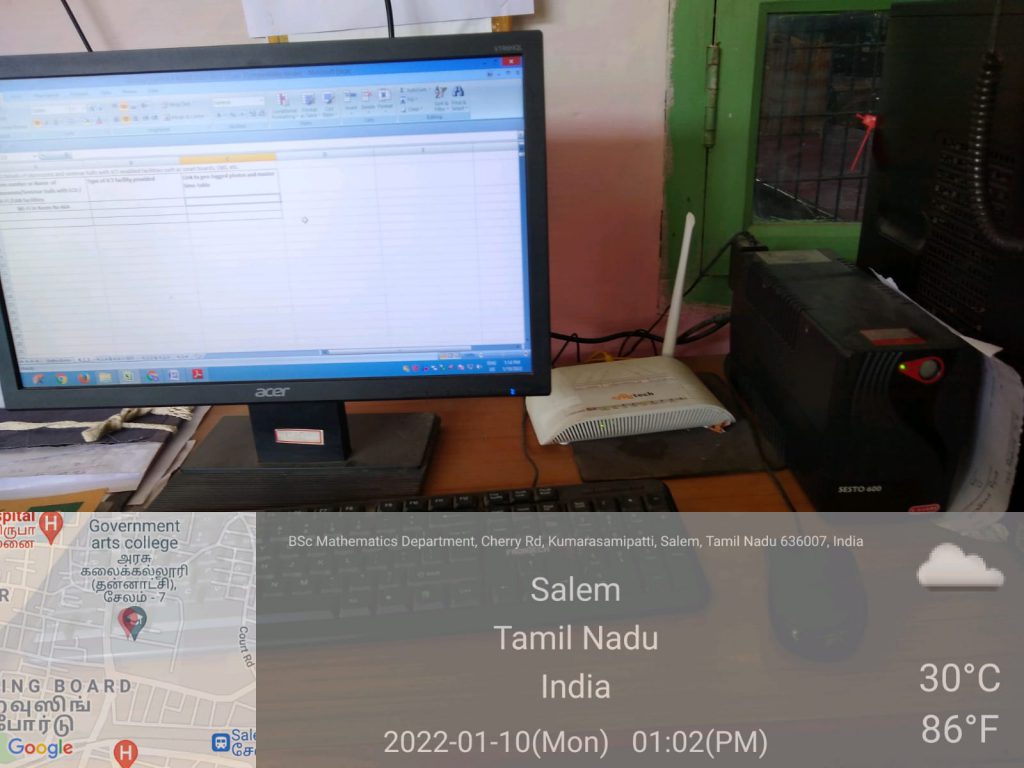
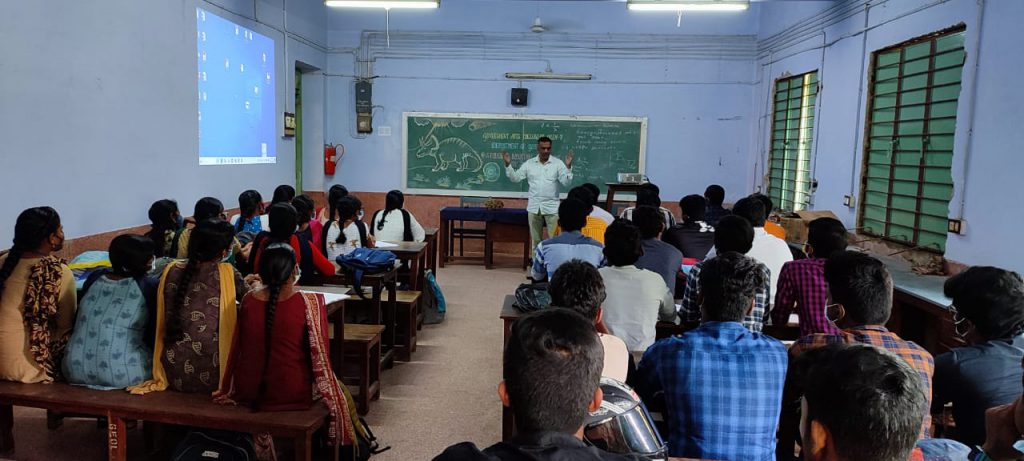
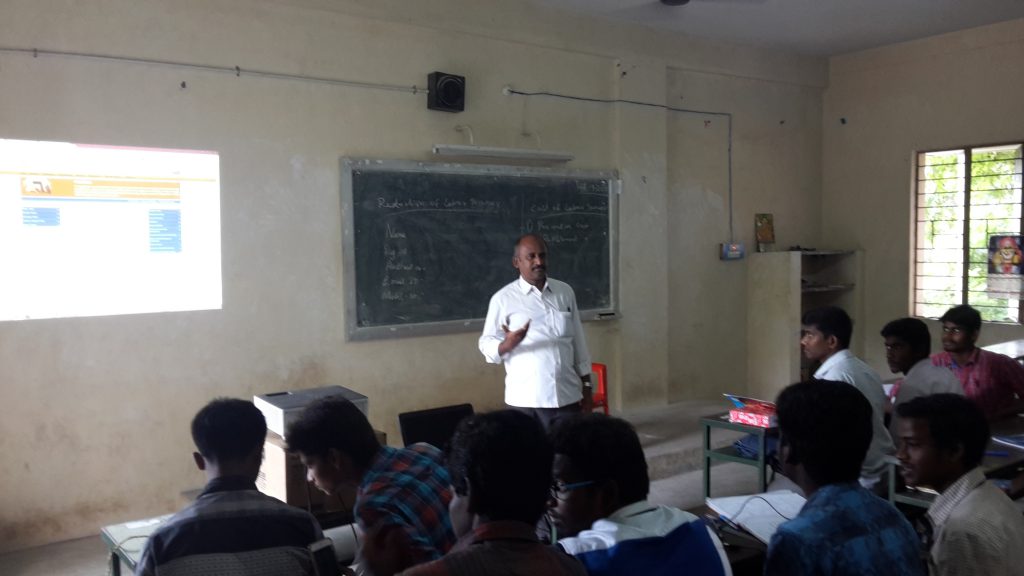
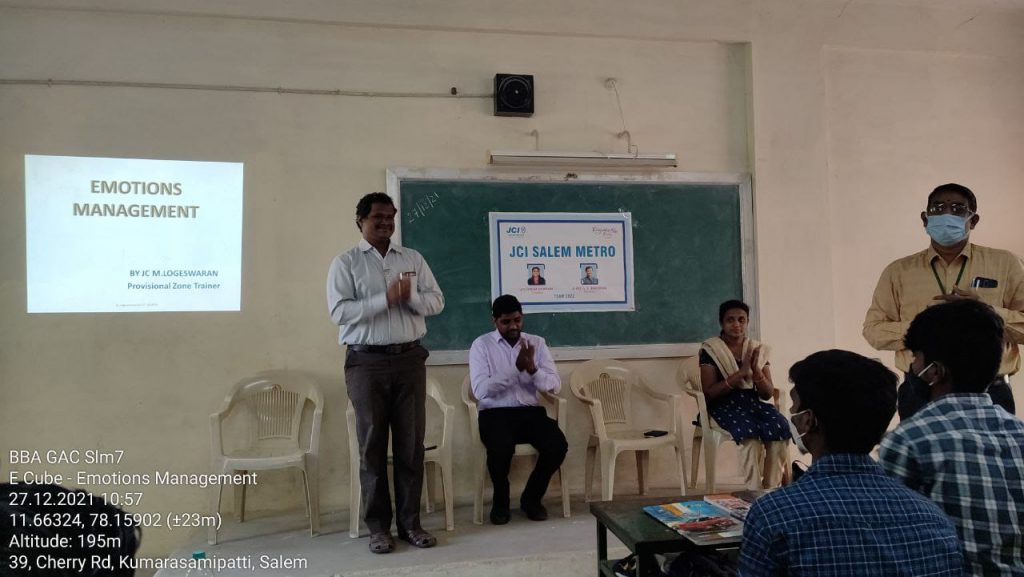
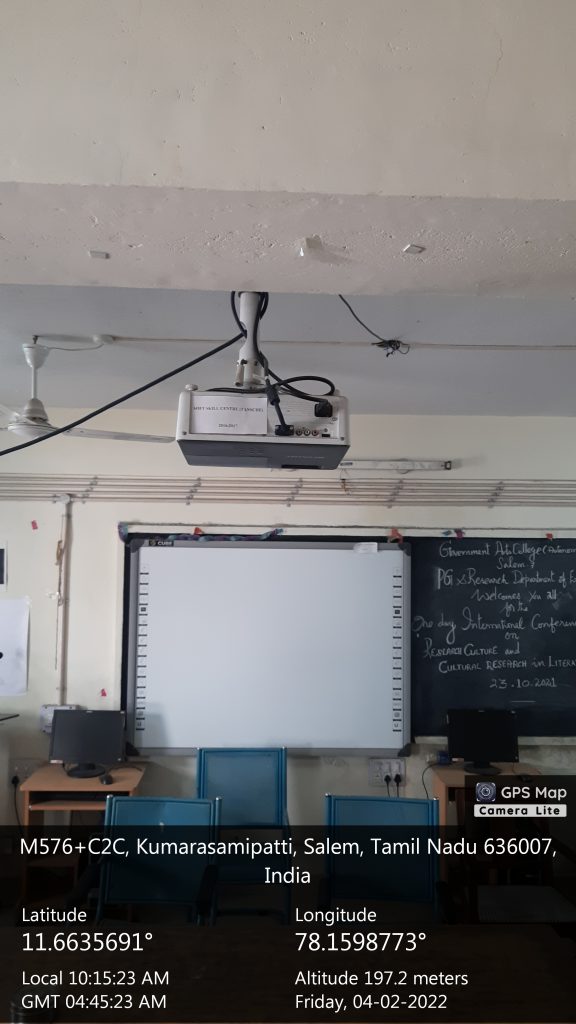
ENGLISH LANGUAGE LABORATORY
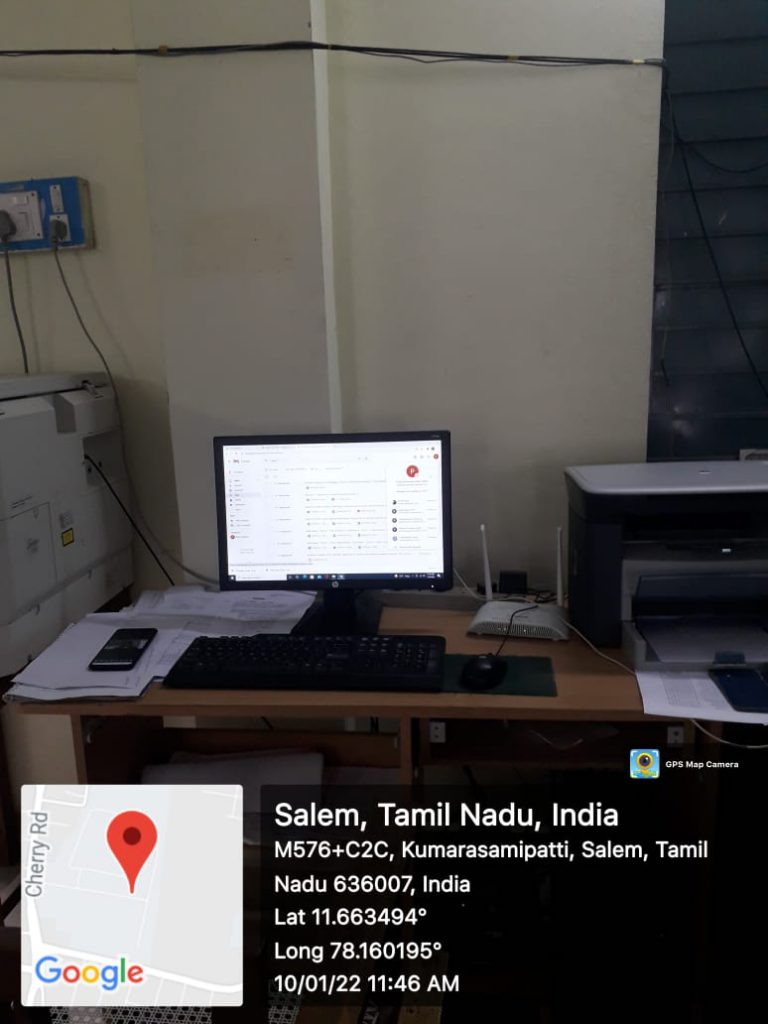
STUDENTS INDUCTION PROGRAMME- B.Com AND B.Com(CA)

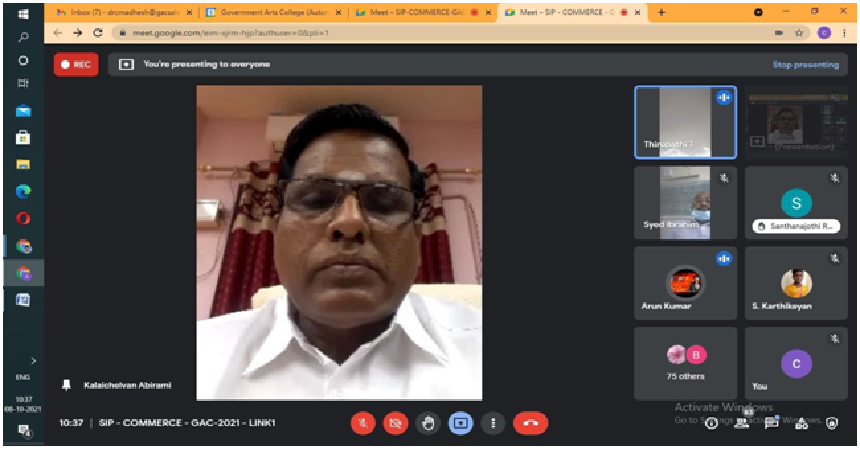

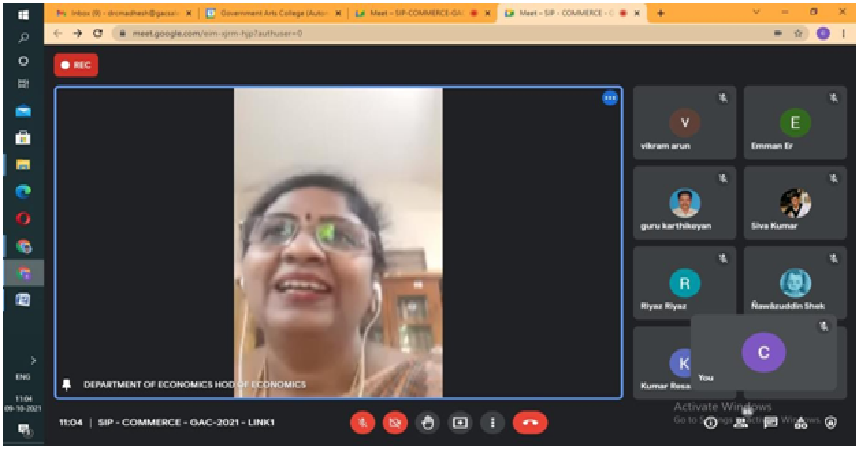
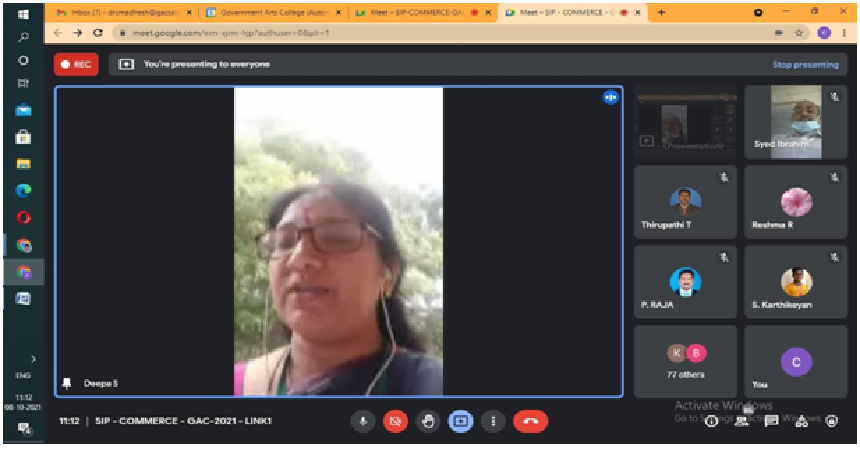
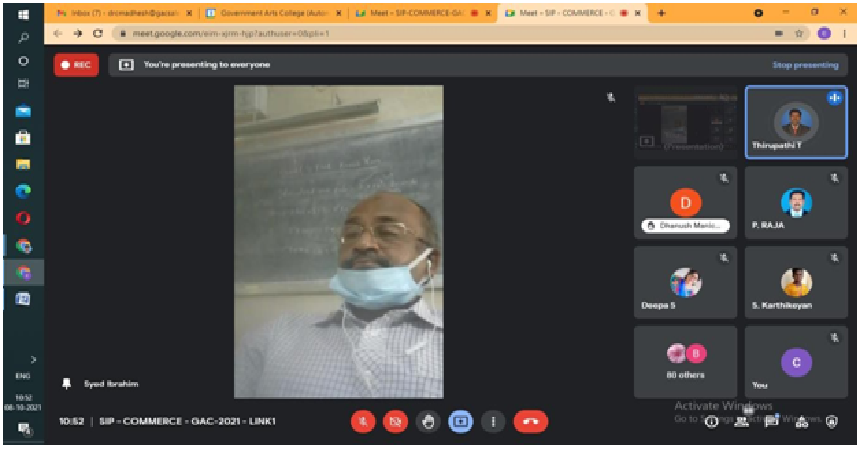
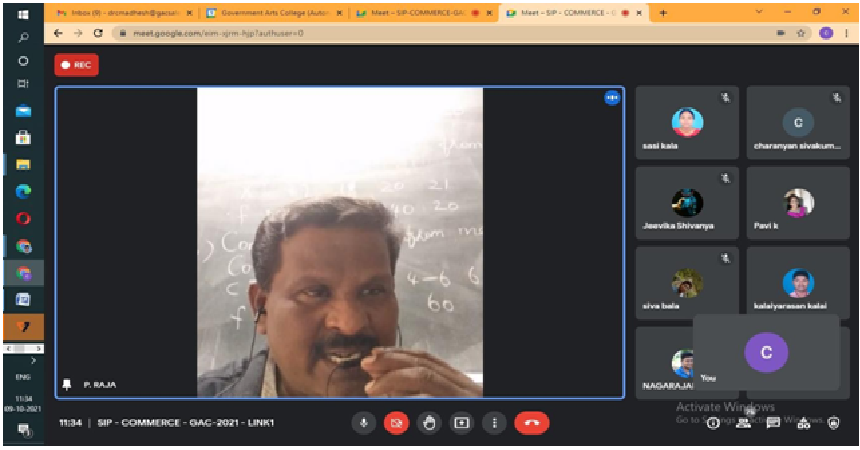
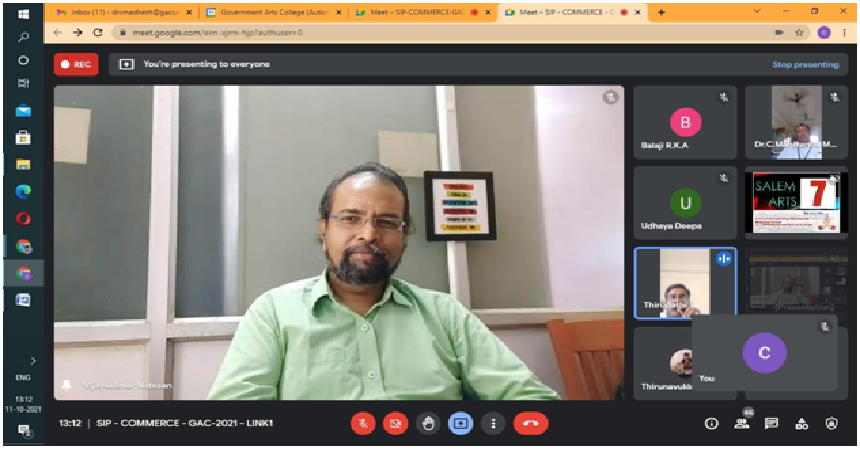
STUDENTS INDUCTION PROGRAMME- BBA

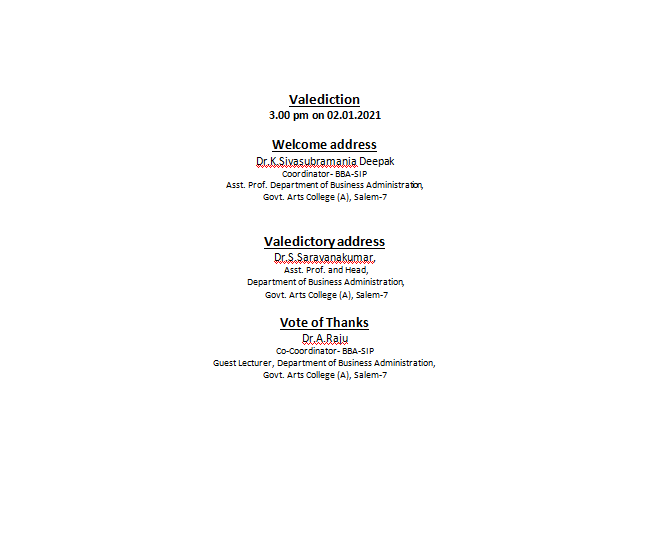
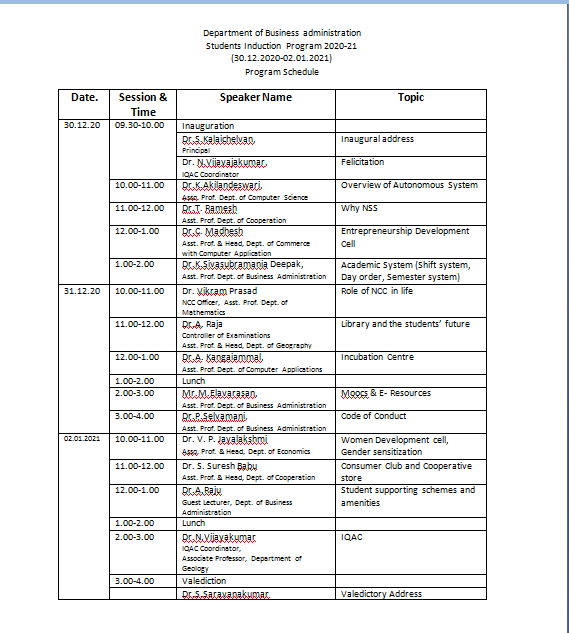
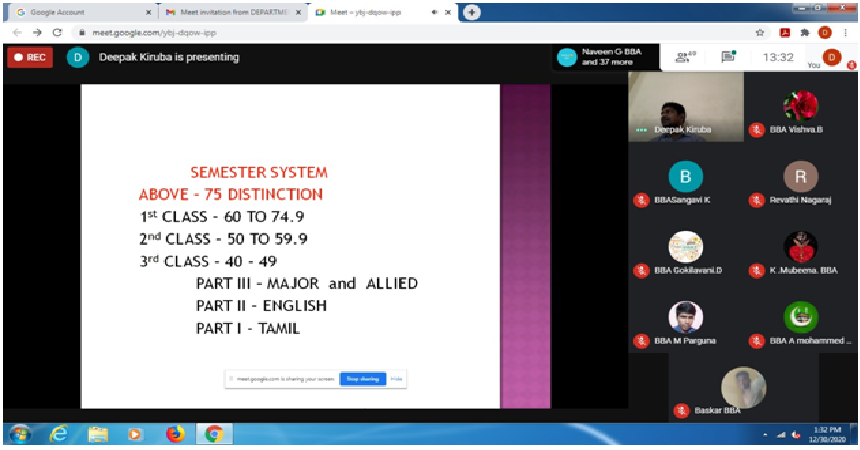
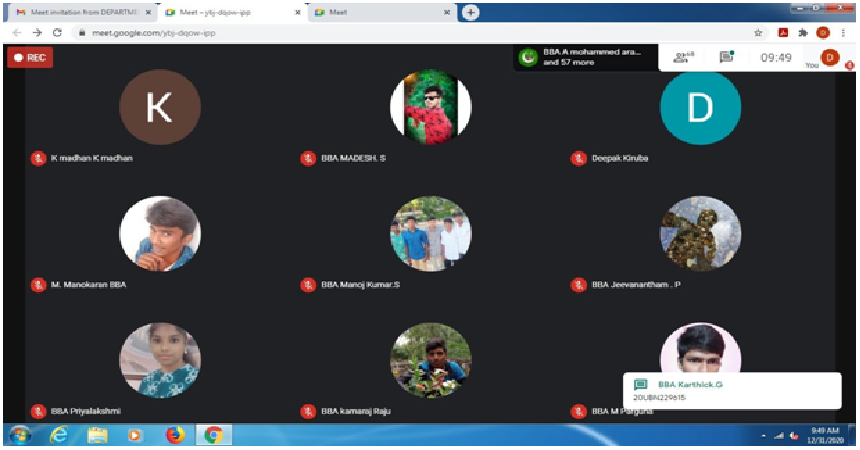
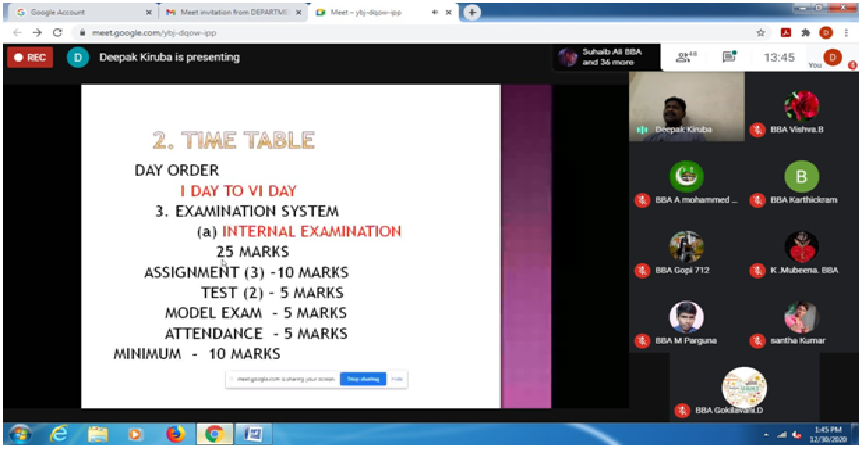
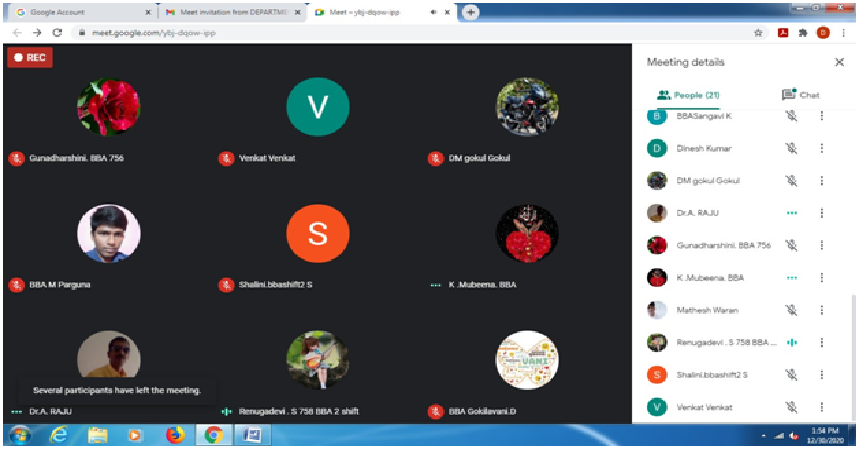
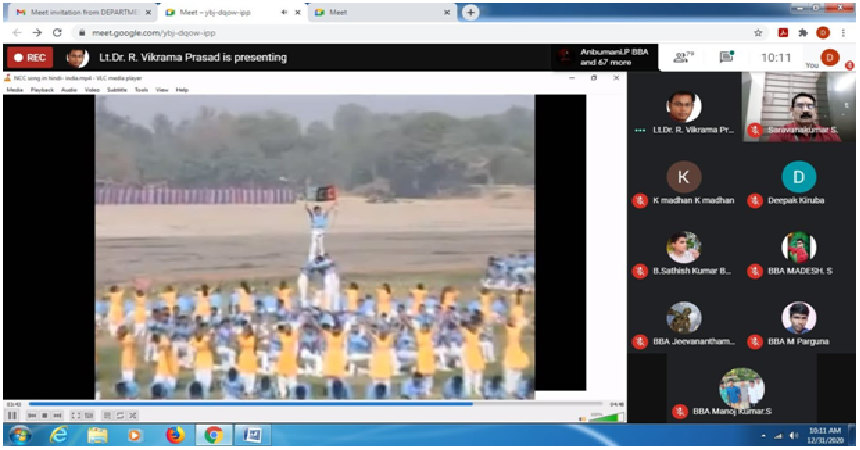
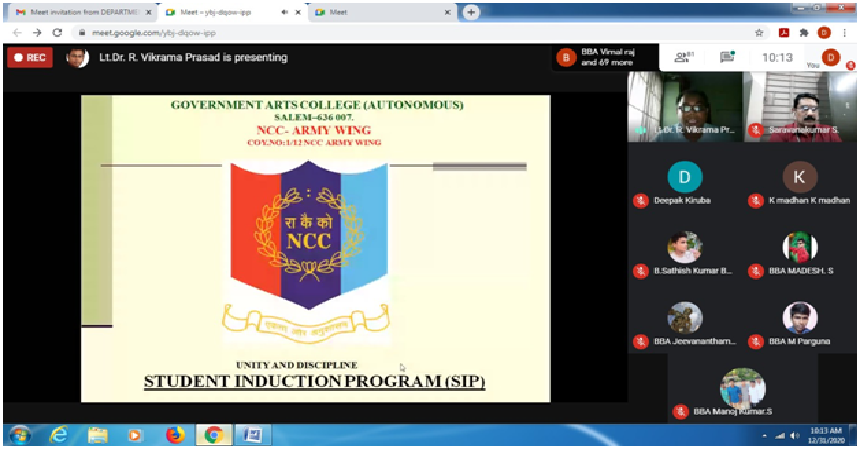
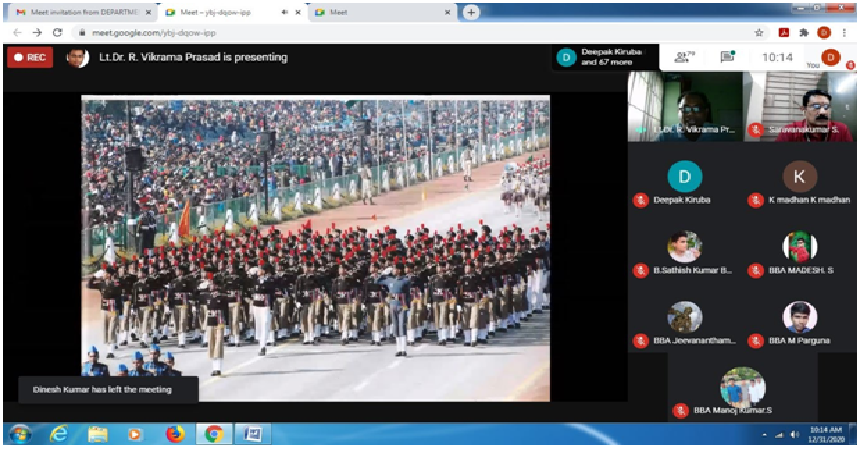
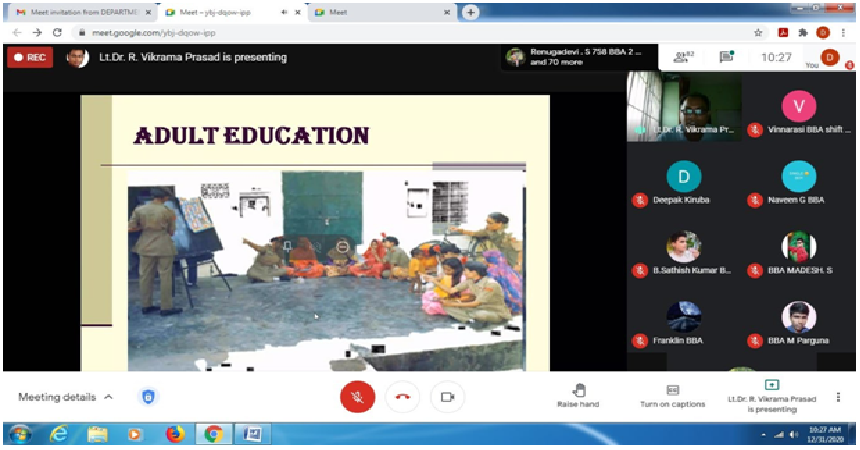
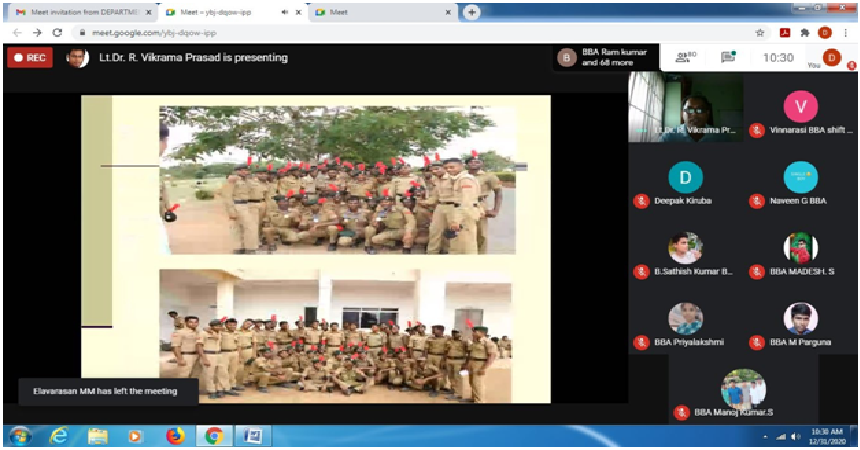
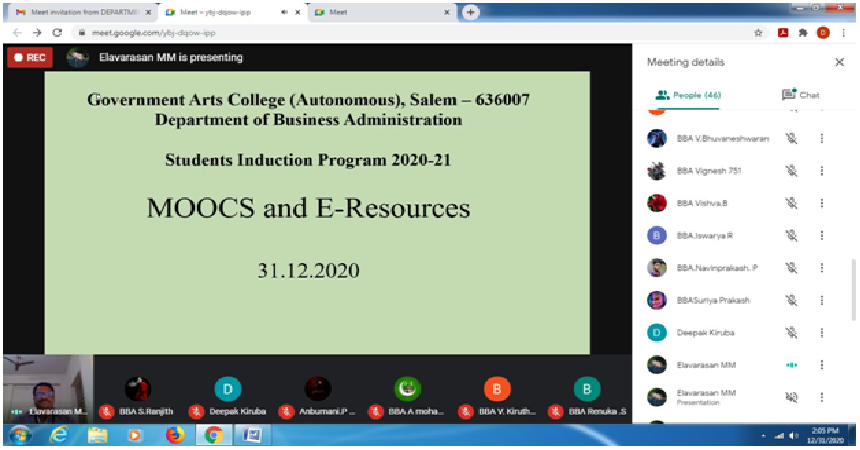
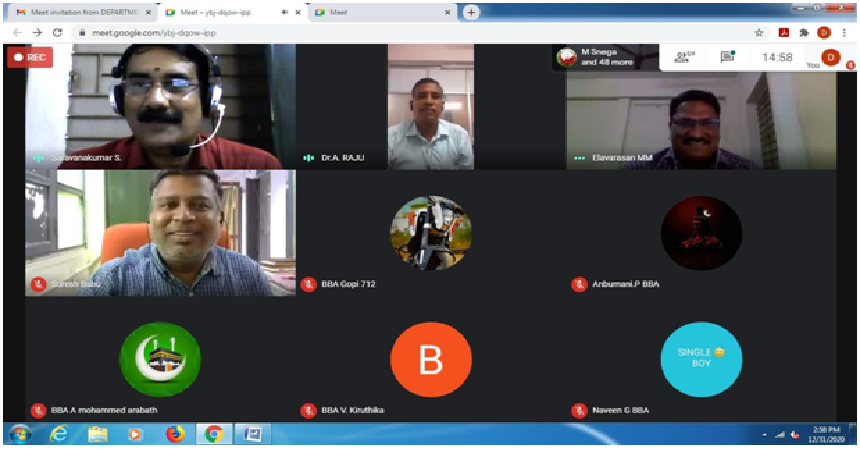
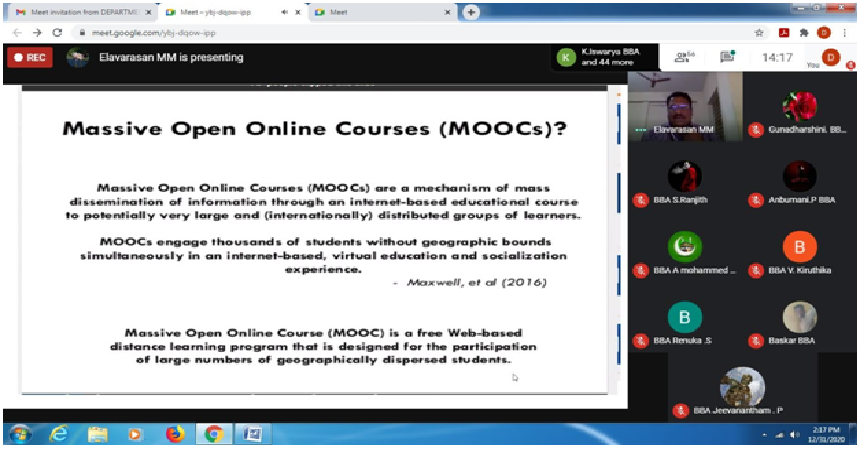
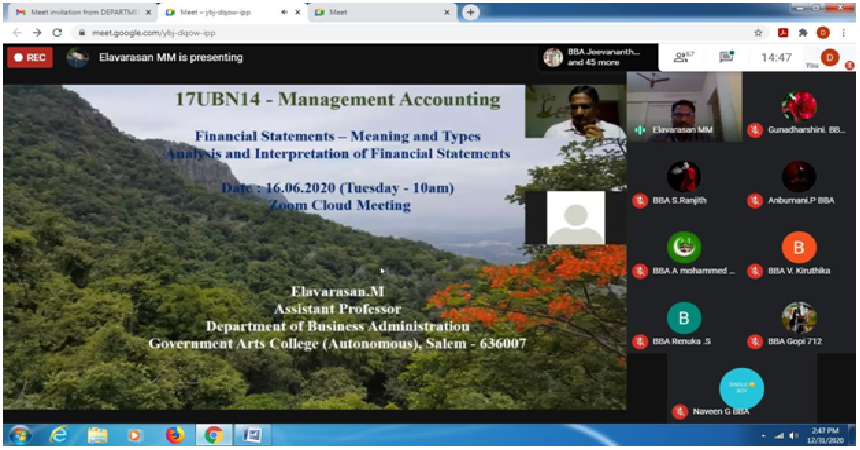
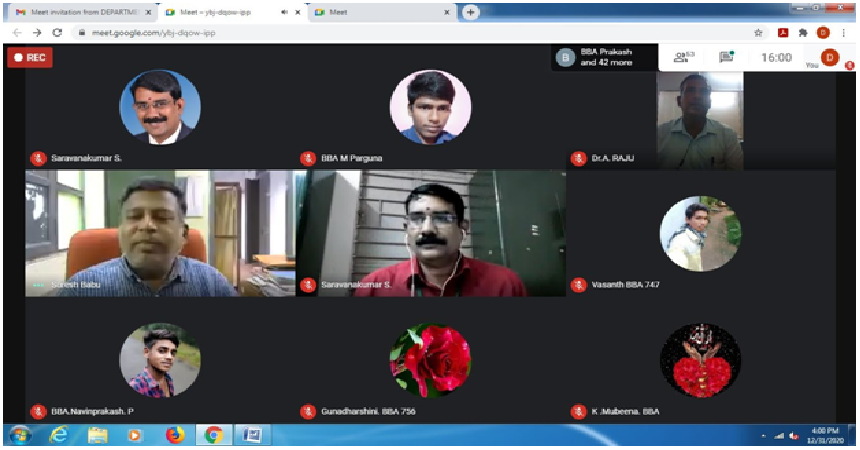
STUDENTS INDUCTION PROGRAMME- B.Sc STATISTICS
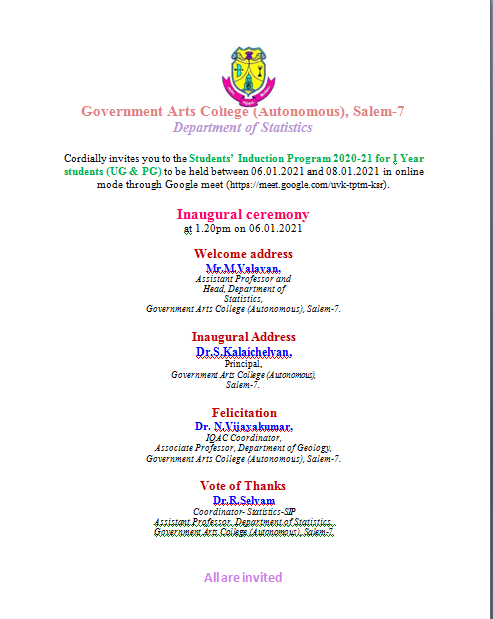
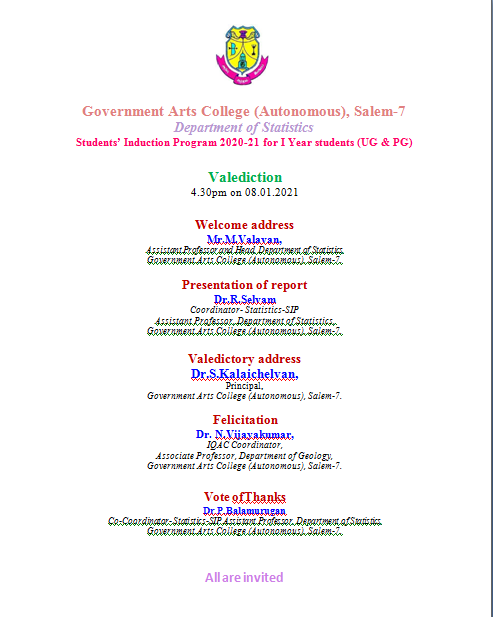
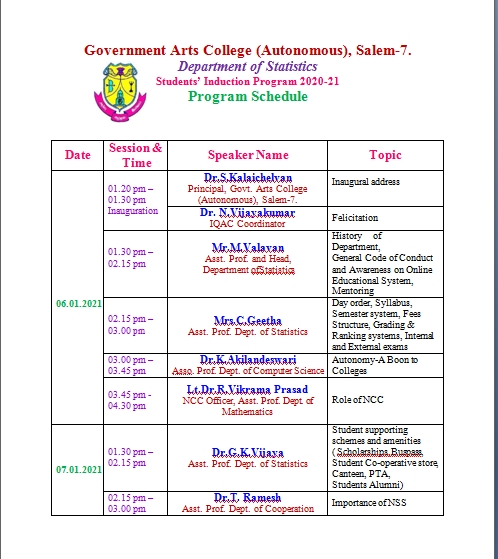
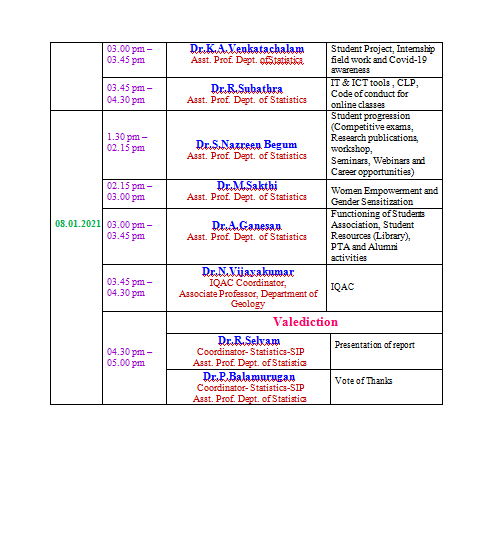

STUDENTS INDUCTION PROGRAMME- KANI TAMIL PERAVAI
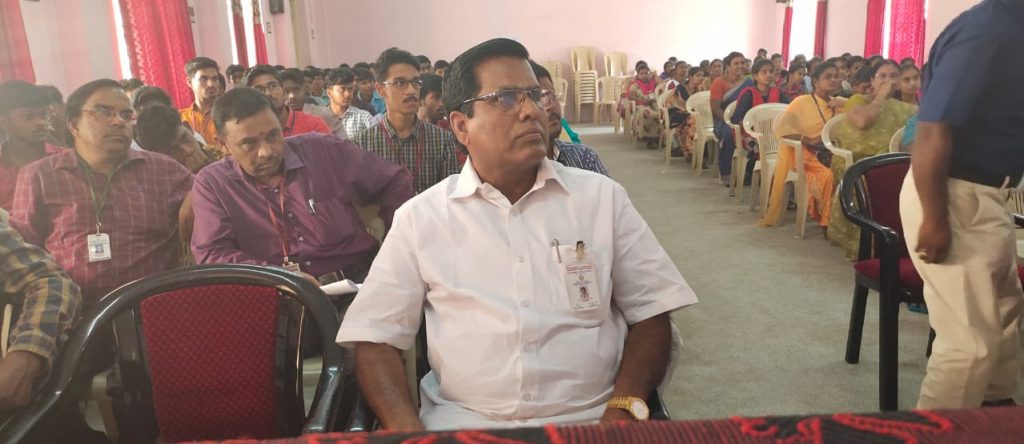
STUDENTS INDUCTION PROGRAMME- LIFE SKILL - YOGA
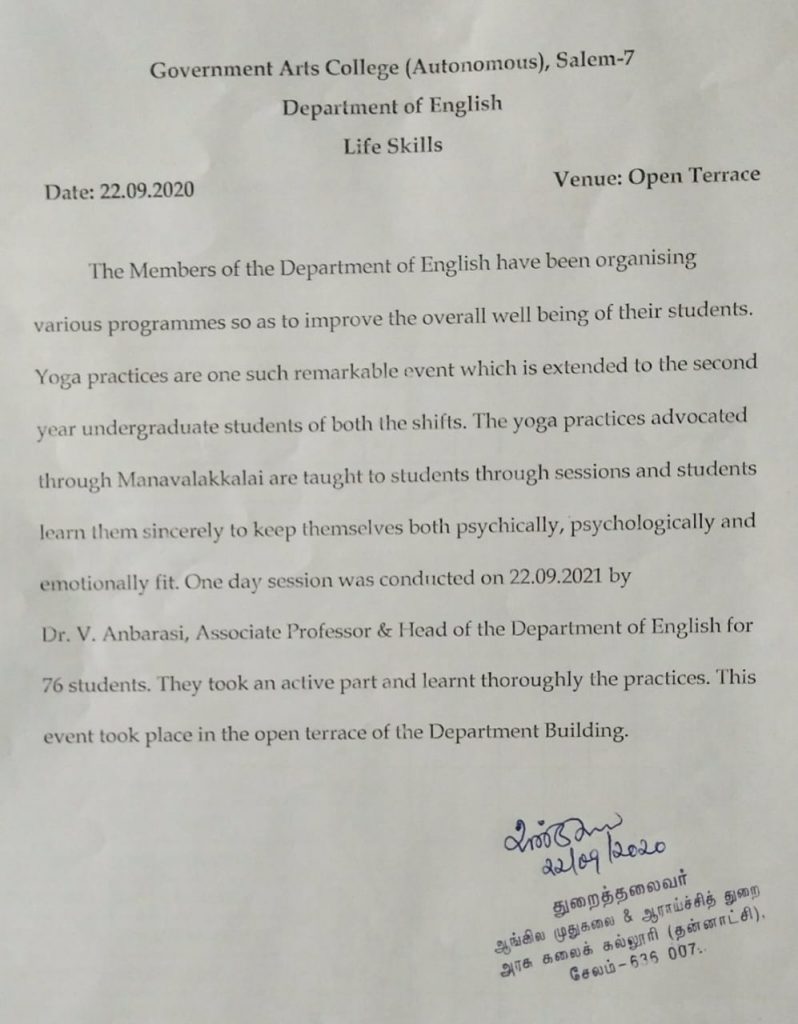
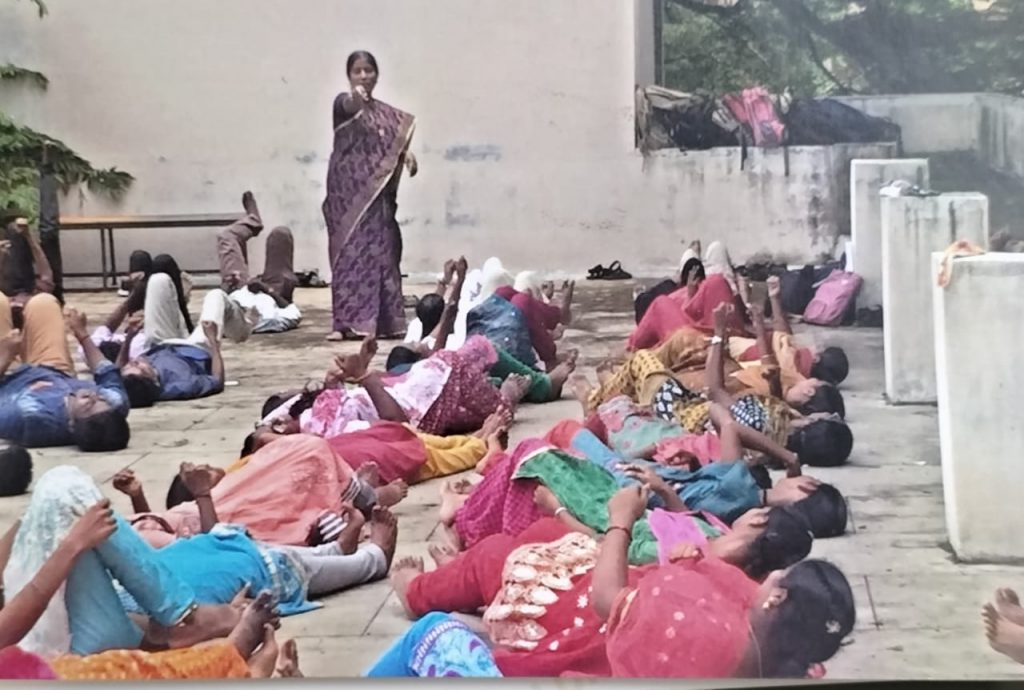

STUDENTS INDUCTION PROGRAMME- E-QUIZ IN LITERARY CRITICISM
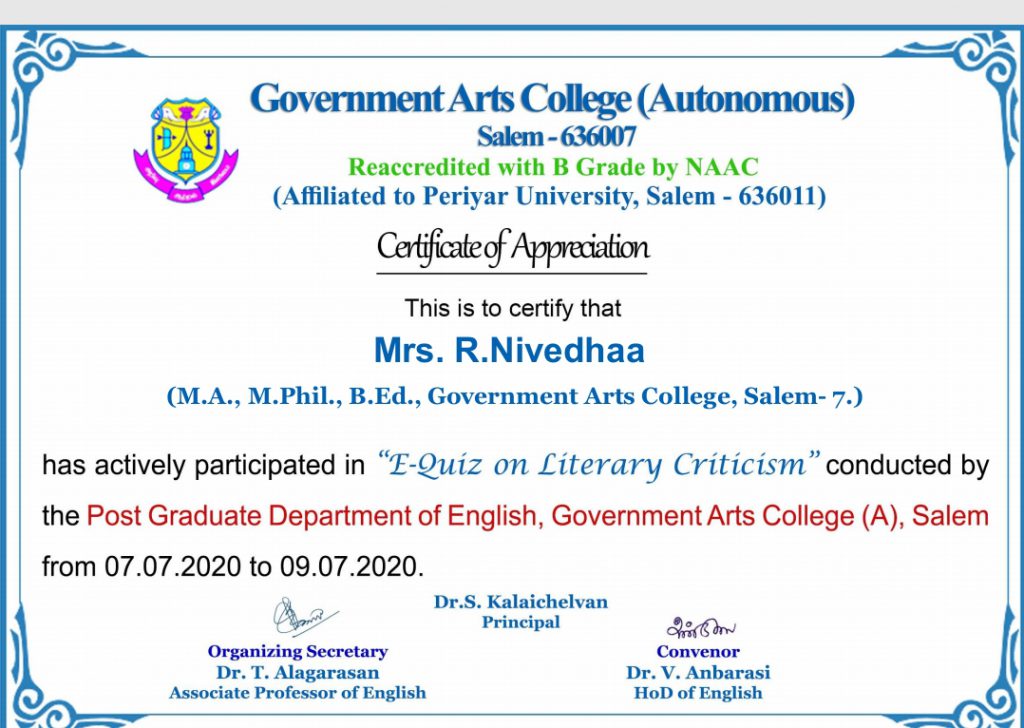
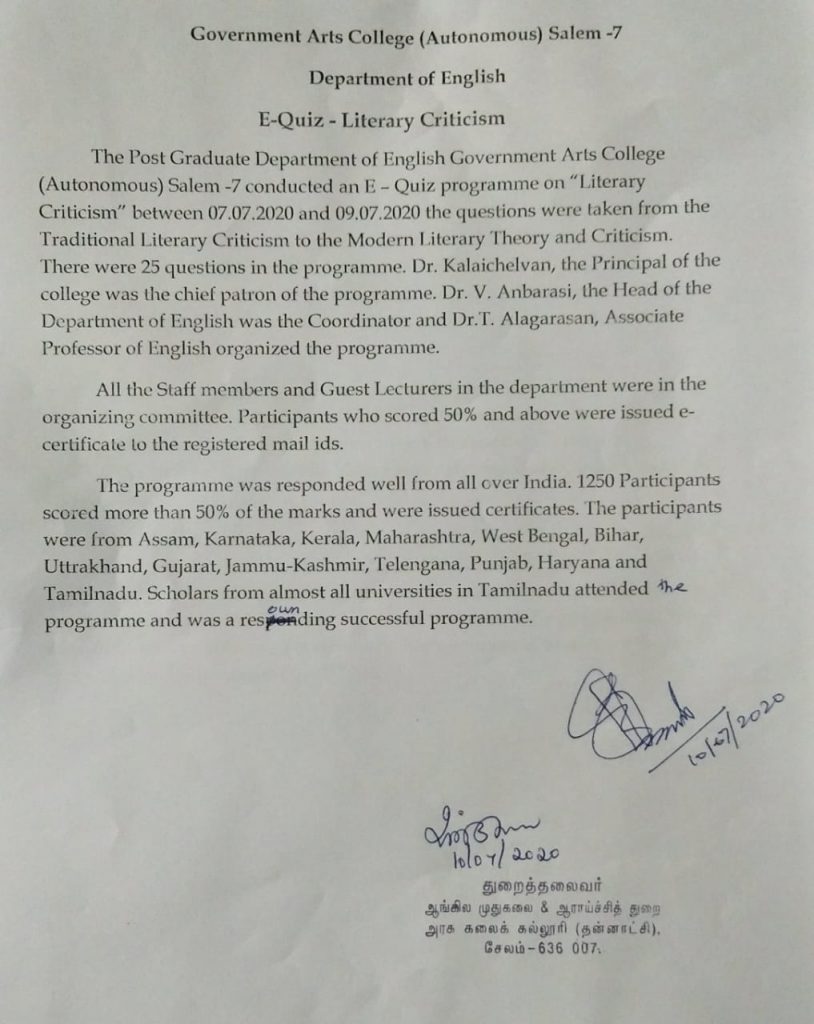
PROJECTS BY FACULTY (2021-2022)
PROJECTS BY FACULTY (2022-2023)
PROJECTS BY STUDENTS (2020-2021)
PROJECTS BY STUDENTS (2021-2022)
PROJECTS BY STUDENTS (2022-2023)
TAMIL
MATHEMATICS
PHYSICS
BOTANY
GEOLOGY
HISTORY
COMMERCE
Secretary : N. Hariharan
Joint Secretary : S. Hariprasath
Women Representative : B. Fathima
BUSINESS ADMINISTRATION
PUBLIC ADMINISTRATION
Secretary: A. Srivarshan
Joint Secretary: S. Suriya
Women Representative : S. Jeeva
COMPUTER APPLICATIONS
Secretary: K. Vinoth
Joint Secretary: P. Prasoon Maurya
Women Representative: R.K. Dharshanjali
ENGLISH
STATISTICS
CHEMISTRY
ZOOLOGY
GEOGRAPHY
ECONOMICS
COOPERATION
POLITICAL SCIENCE
Secretary: J. Deepak kumar
Joint Secretary: P. Hariprasanth
Women Representative: S. Jeeva
HUMAN RIGHTS
Secretary: G. Sakthivel
Joint Secretary: T. Hariharan
Women Representative: K. Subarna
COMPUTER SCIENCE
Secretary: R. Karthikeyan
Joint Secretary: S. Prasath
Women Representative: M. Nivetha
B.COM (CA)
Secretary: N. Naga Suriyasaran
Joint Secretary: S.J.Deepak
Women Representative: S. Karunya
TAMIL
Secretary: R. Sabarinathan
Joint Secretary: M. Arunprasath
Women Representative: S. Keerthana
MATHEMATICS
PHYSICS
BOTANY
Secretary: M. Agila
Joint Secretary: G. Murugan
Women Representative: M. Priya
GEOLOGY
HISTORY
COMMERCE
Secretary : N. Hariharan
Joint Secretary : S. Hariprasath
Women Representative : B. Fathima
BUSINESS ADMINISTRATION
PUBLIC ADMINISTRATION
Secretary: A. Srivarshan
Joint Secretary: S. Suriya
Women Representative : S. Jeeva
COMPUTER APPLICATIONS
Secretary: K. Vinoth
Joint Secretary: P. Prasoon Maurya
Women Representative: R.K. Dharshanjali
ENGLISH
STATISTICS
Secretary: A. Pavithra
Joint Secretary: M. Muniraj
Women Representative: V. Deepa
CHEMISTRY
Secretary: R. Siranjeevi
Joint Secretary: M.S. Dhanush
Women Representative: R. Yalini
ZOOLOGY
Secretary: S. Mathiyalagan
Joint Secretary: R. Gokulaselvan
Women Representative : Arulpriya
GEOGRAPHY
ECONOMICS
Secretary: K. Arul
Joint Secretary: S. Balaji
Women Representative: S. Jayapratha
COOPERATION
POLITICAL SCIENCE
Secretary: J. Deepak kumar
Joint Secretary: P. Hariprasanth
Women Representative: S. Jeeva
HUMAN RIGHTS
Secretary: G. Sakthivel
Joint Secretary: T. Hariharan
Women Representative: K. Subarna
COMPUTER SCIENCE
Secretary: R. Karthikeyan
Joint Secretary: S. Prasath
Women Representative: M. Nivetha
B.COM (CA)
Secretary: N. Naga Suriyasaran
Joint Secretary: S.J.Deepak
Women Representative: S. Karunya
TAMIL
Secretary:
Joint Secretary:
Women Representative:
MATHEMATICS
PHYSICS
BOTANY
Secretary:
Joint Secretary:
Women Representative:
GEOLOGY
HISTORY
COMMERCE
Secretary :
Joint Secretary :
Women Representative :
BUSINESS ADMINISTRATION
PUBLIC ADMINISTRATION
Secretary:
Joint Secretary:
Women Representative :
COMPUTER APPLICATIONS
Secretary:
Joint Secretary:
Women Representative:
ENGLISH
STATISTICS
Secretary:
Joint Secretary:
Women Representative:
CHEMISTRY
Secretary:
Joint Secretary:
Women Representative:
ZOOLOGY
Secretary:
Joint Secretary:
Women Representative :
GEOGRAPHY
ECONOMICS
Secretary:
Joint Secretary:
Women Representative:
COOPERATION
POLITICAL SCIENCE
Secretary:
Joint Secretary:
Women Representative:
HUMAN RIGHTS
Secretary:
Joint Secretary:
Women Representative:
COMPUTER SCIENCE
Secretary:
Joint Secretary:
Women Representative:
B.COM (CA)
Secretary:
Joint Secretary:
Women Representative:
TAMIL
Secretary:
Joint Secretary:
Women Representative:
MATHEMATICS
PHYSICS
BOTANY
Secretary:
Joint Secretary:
Women Representative:
GEOLOGY
HISTORY
COMMERCE
Secretary :
Joint Secretary :
Women Representative :
BUSINESS ADMINISTRATION
PUBLIC ADMINISTRATION
Secretary:
Joint Secretary:
Women Representative :
COMPUTER APPLICATIONS
Secretary:
Joint Secretary:
Women Representative:
ENGLISH
STATISTICS
Secretary:
Joint Secretary:
Women Representative:
CHEMISTRY
Secretary:
Joint Secretary:
Women Representative:
ZOOLOGY
Secretary:
Joint Secretary:
Women Representative :
GEOGRAPHY
ECONOMICS
Secretary:
Joint Secretary:
Women Representative:
COOPERATION
POLITICAL SCIENCE
Secretary:
Joint Secretary:
Women Representative:
HUMAN RIGHTS
Secretary:
Joint Secretary:
Women Representative:
COMPUTER SCIENCE
Secretary:
Joint Secretary:
Women Representative:
B.COM (CA)
Secretary:
Joint Secretary:
Women Representative:
Ministry of Education’s Innovation Cell (MIC) in collaboration with AICTE has launched the *Kalam Program for IP Literacy and Awareness*.
AICTE – MIC – KAPILA- IPR AWARENESS PROGRAM
From: MIC <kapila@aicte-india.org>
Date: Fri, Jun 3, 2022 at 3:42 PM
Subject: AICTE-MIC-KAPILA- IPR Awareness Program-Speaker Details-Reg.
To: <vijaygeology@gmail.com>
Dear Dr. N. VIJAYAKUMAR
Greetings from the Ministry of Education’s Innovation Cell (MIC) and AICTE
I am delighted to inform you that consequent of your interest to host the IPR awareness program under the flagship of Kalam Program for Intellectual Property Literacy and Awareness Campaign (KAPILA).
Program Schedule-
- The 2-3 hour sessions could be conducted on the day of preference given by the SPOC earlier through the google form.
- The Speaker details are given below, the SPOC should immediately call the speaker and get confirmation about the date and time. The expenditure towards the speaker will be borne by the MIC/ DPIIT.
- Attendance should be recorded for each participant and organizers of the program for the release of the participation certificate. Attendance to be recorded through the google form in the requested format only (mentioned below).
- Institute has to submit the report via filling the google form.
Certificates to the attendees of the program-
- Certificate of Appreciation to the Institute
- Participation certificate for Students and faculty members.
- Certificate to the Coordinator (Single Point of contact)
Contact Details for Coordination
Your Speaker Name: Madhanraj
Speaker Email ID: madhanraj.ipo@gov.in
Speaker Mobile: 8870634104
Dates of Session: 6/10/2022 3:00:00 PM
Mode: Online
In case of query or assistance, please feel free to contact us.
Thanks and Regards,
Dr. Sonal Yadav
KAPILA Team
Ministry of Education’s Innovation Cell
All India Council for Technical Education
New Delhi
Ph. No।: 011-29581225, 1332
CERTIFICATE OF APPRECIATION TO COLLEGE

CERTIFICATE OF APPRECIATION TO SPOC



